全て
| カテゴリ未分類
Football
| OPERA
| BALLET
| Musical Theatre
| Classical Music
| Cinema
| Mystery
| International
| Competition
| これからの公演のお知らせ
| ATPテニス
| アクセス
| ARTS
カテゴリ: OPERA
Tannhauser artists roundtable at California Part3
RB: 3437 Sorry, I'm doing it again. For me the important thing about Wagnerian music is great contrast. You experience in Wagner from the large synphonic to the smallest delicate chamber music, and these contrast that make it so grand and it's far as I concerned every one says all Wagners has to be so "Mmmmm---" (streching his arms up) like this. I 'm not of this opinion. I'm of the opinon people think "We have to do this!" and that's why people think, "Oh it can't be performed." But if you get the idea of thousands of different colours involved in this music, as again, I'm talking basically about myself as the tenor, it's immense the colours from the loudest to the softest to the more, most regart, and it's the beginning were really difficult. It really is. But it's the harve? , I don't have to screech(*) my way through this? I can just sing it. That's the idea. it's the harve?. it's not gonna be too loud. I don't have to go there and prove everybody I have to sing loud, I have to sing beautifully, understandinglly, and try to convince young lady to let me go and made mistakes, sometimes obviously, the idea is it has to be beautifully sung as well , not just screaming --. ok? I meant making mistakes not myself but the way he load it. (smiling)
Hampe: May I just add one thing as commentary? Wagner was the great admirer of Bellini, most melodic old italian composer and consently you hear and feel in his music, which is line, line, line. That's also the elements of Wagner.
Nick :---- (asks to Russell about his father,Victor Braun.) Did you ever see him perform Wolfram or did you learn anything from those memories of your father's performance of the work?
Russell:Sadly I never saw him perform Wolfram. in fact He didn't perform it very often. I think he performed it when his career was starting at Frunkfurt, further than I think Munich, well I'm not actually know I'm sure where and when. it's course Micheal Hampe goes way back thw colon? times as the teenager, --- but my memory my father singing Wagner most in Tristan and he sang Kurvenal and Meister singer von Nurnberg I think for him, maybe zero identified with the most and anyway it's personal thing the recording was some legendary it is .
Nick :Let's talk about the production itself, it has very interesting history,(asks about Production.) and I start actually with James, Was it originally designed by Gunter Schneider ??version?
James Mulder (Designer): 3843 Vienna state opera and Metropolitan Opera produced by Otto Schenk together, the conception -very shape in sort of style, slightly because -- -San Diego Opera had approached Gunter Schneider to see how we could concept putting into this theatre, and as Gunter is now 82 years old, he's little bit firm? and not quite able to travel, actually walk really, so he came ask me, I've been his friend, to more than twenty years maybe, student he mentor I very very proud to accept the challenge to product this theatre.
Nick: Micheal, did you ever know the production before?
Hampe:I haven't seen it before, but --know Gunter Schneider see him very well,
Mulder: -- these days we can't.
Nick: (to Petra) What is the most challenging things to sing Wagners opera? What is the most challenging part of singing Venus?
Petra Lang (Venus) : about Venus 2 different version , Dresden and Paris, Gavor Otvesch mentioned before, and Dresden version for me is just fun. she curses him go and done, it's not real way- very short - sing it through after 15 minutes I've done. (laughing)
Nick : Yeah, you're done(laughing) you sure you recording the Paris version, you what does go on? in Dresden version?
Petra: after half an hour, it's done. I think Paris version makes Venus very weak. she said him to stay stay stay--and cry and do everything him to stay. In my opinion, men want to go, let him go! (laughing) Maybe there's a reason other is waiting and no need to yell.
Nick : In the Paris version, she seems she goes up and she goes down. so not much about Dresden?
Petra: No. you want to go? I tried but you want to go, I curse you go.(laughing)
Nick: and Elisabeth, what is the most challenging role with you?
Camilla: Of course the music is fantastic, Challenge? of course um--- in second act she is very happy because she knows Tannhauser has come back and this big change, where everything was destroyed her whole life was destroyed but she still gets the strength to- um, then at the end of the second act she along with whole men's choir and protagonist? -how to say- of the male singers, She's trying to, yeah, to tell them "No", He's not lost yet, we have to save him. and then third act she wait for a long time to come back of him but he's not coming and she knows she lost this fight and she, yeah, wants to die. You never know if she dying or, I did another production where she is commiting suicide on the stage, but is also very emotional. She dies like in Wolfram's arms. But usually she just disappears and she becomes, I don' know, Saint, or she goes to another world.
Go to PART4
RB: 3437 Sorry, I'm doing it again. For me the important thing about Wagnerian music is great contrast. You experience in Wagner from the large synphonic to the smallest delicate chamber music, and these contrast that make it so grand and it's far as I concerned every one says all Wagners has to be so "Mmmmm---" (streching his arms up) like this. I 'm not of this opinion. I'm of the opinon people think "We have to do this!" and that's why people think, "Oh it can't be performed." But if you get the idea of thousands of different colours involved in this music, as again, I'm talking basically about myself as the tenor, it's immense the colours from the loudest to the softest to the more, most regart, and it's the beginning were really difficult. It really is. But it's the harve? , I don't have to screech(*) my way through this? I can just sing it. That's the idea. it's the harve?. it's not gonna be too loud. I don't have to go there and prove everybody I have to sing loud, I have to sing beautifully, understandinglly, and try to convince young lady to let me go and made mistakes, sometimes obviously, the idea is it has to be beautifully sung as well , not just screaming --. ok? I meant making mistakes not myself but the way he load it. (smiling)
Hampe: May I just add one thing as commentary? Wagner was the great admirer of Bellini, most melodic old italian composer and consently you hear and feel in his music, which is line, line, line. That's also the elements of Wagner.
Nick :---- (asks to Russell about his father,Victor Braun.) Did you ever see him perform Wolfram or did you learn anything from those memories of your father's performance of the work?
Russell:Sadly I never saw him perform Wolfram. in fact He didn't perform it very often. I think he performed it when his career was starting at Frunkfurt, further than I think Munich, well I'm not actually know I'm sure where and when. it's course Micheal Hampe goes way back thw colon? times as the teenager, --- but my memory my father singing Wagner most in Tristan and he sang Kurvenal and Meister singer von Nurnberg I think for him, maybe zero identified with the most and anyway it's personal thing the recording was some legendary it is .
Nick :Let's talk about the production itself, it has very interesting history,(asks about Production.) and I start actually with James, Was it originally designed by Gunter Schneider ??version?
James Mulder (Designer): 3843 Vienna state opera and Metropolitan Opera produced by Otto Schenk together, the conception -very shape in sort of style, slightly because -- -San Diego Opera had approached Gunter Schneider to see how we could concept putting into this theatre, and as Gunter is now 82 years old, he's little bit firm? and not quite able to travel, actually walk really, so he came ask me, I've been his friend, to more than twenty years maybe, student he mentor I very very proud to accept the challenge to product this theatre.
Nick: Micheal, did you ever know the production before?
Hampe:I haven't seen it before, but --know Gunter Schneider see him very well,
Mulder: -- these days we can't.
Nick: (to Petra) What is the most challenging things to sing Wagners opera? What is the most challenging part of singing Venus?
Petra Lang (Venus) : about Venus 2 different version , Dresden and Paris, Gavor Otvesch mentioned before, and Dresden version for me is just fun. she curses him go and done, it's not real way- very short - sing it through after 15 minutes I've done. (laughing)
Nick : Yeah, you're done(laughing) you sure you recording the Paris version, you what does go on? in Dresden version?
Petra: after half an hour, it's done. I think Paris version makes Venus very weak. she said him to stay stay stay--and cry and do everything him to stay. In my opinion, men want to go, let him go! (laughing) Maybe there's a reason other is waiting and no need to yell.
Nick : In the Paris version, she seems she goes up and she goes down. so not much about Dresden?
Petra: No. you want to go? I tried but you want to go, I curse you go.(laughing)
Nick: and Elisabeth, what is the most challenging role with you?
Camilla: Of course the music is fantastic, Challenge? of course um--- in second act she is very happy because she knows Tannhauser has come back and this big change, where everything was destroyed her whole life was destroyed but she still gets the strength to- um, then at the end of the second act she along with whole men's choir and protagonist? -how to say- of the male singers, She's trying to, yeah, to tell them "No", He's not lost yet, we have to save him. and then third act she wait for a long time to come back of him but he's not coming and she knows she lost this fight and she, yeah, wants to die. You never know if she dying or, I did another production where she is commiting suicide on the stage, but is also very emotional. She dies like in Wolfram's arms. But usually she just disappears and she becomes, I don' know, Saint, or she goes to another world.
Go to PART4
お気に入りの記事を「いいね!」で応援しよう
最終更新日
2008年02月02日 10時42分47秒
[OPERA] カテゴリの最新記事
-
新国立劇場オペラ研修所+マーティン・カ… 2025年11月29日
-
METライブビューイング「夢遊病の娘」2025 2025年11月26日
-
新宿オペラ「ドン・カルロ」Day1 2025年11月22日
【毎日開催】
15記事にいいね!で1ポイント
10秒滞在
いいね!
--
/
--
PR
X
サイド自由欄
TENOR
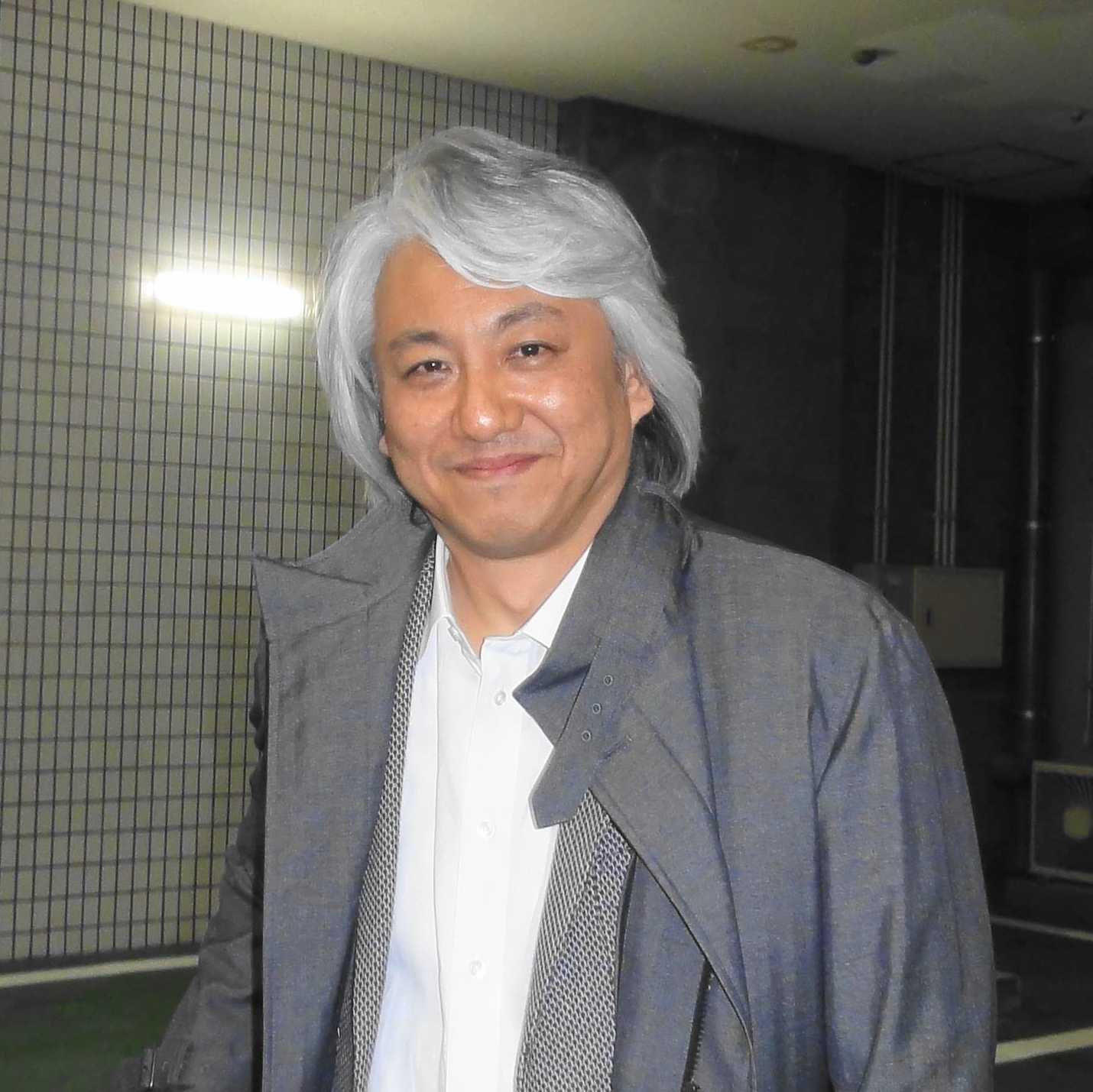
小原啓楼
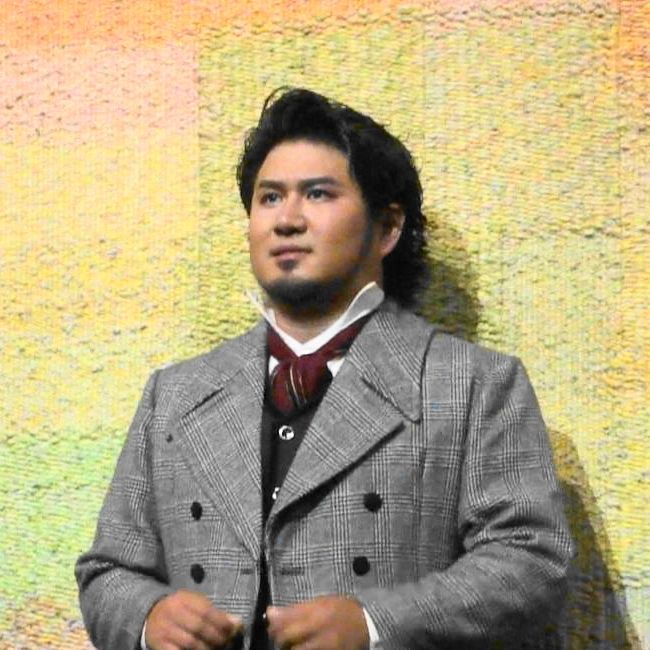
Ten.笛田博昭~2016
Ten.笛田博昭2017
公式サイト
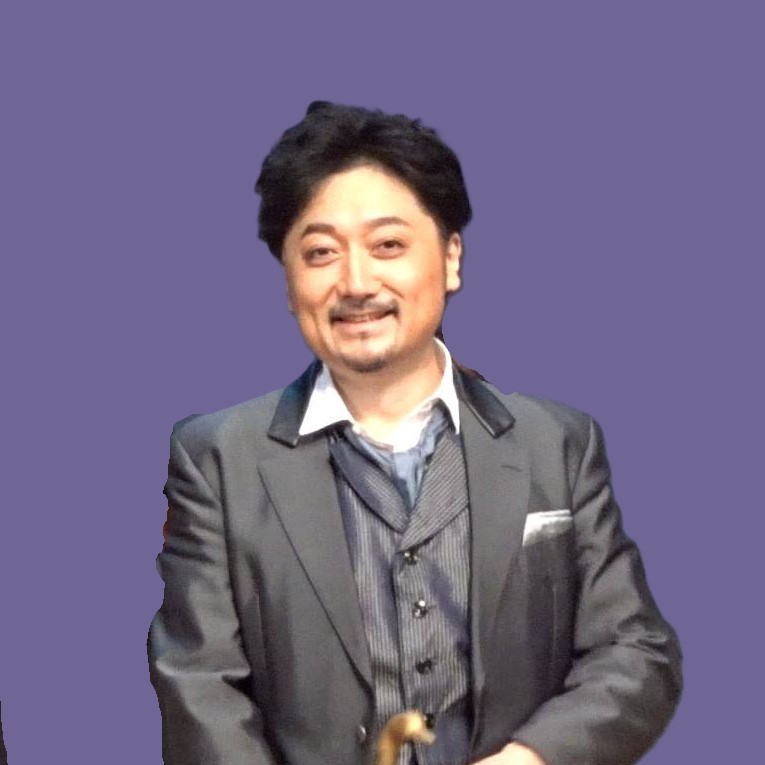
小野弘晴(テノール)
UPCOMING
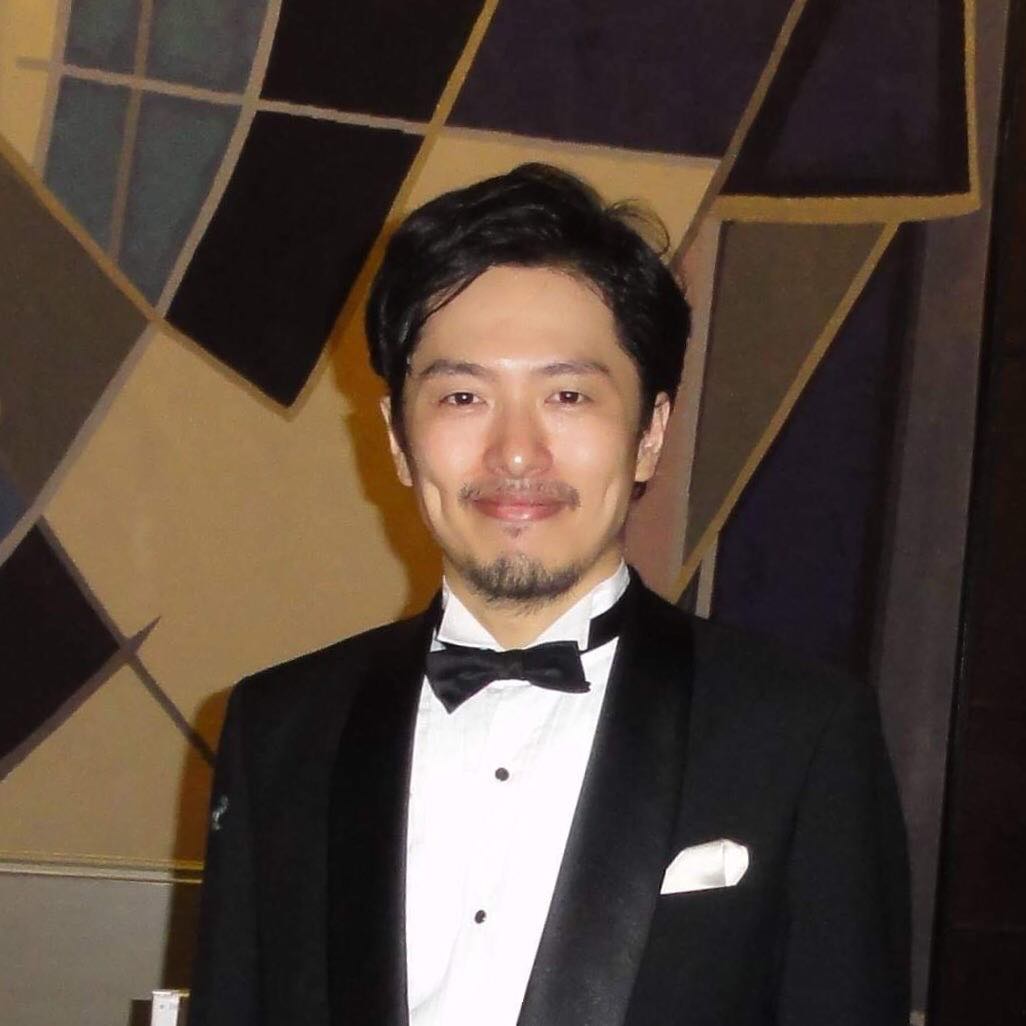
Ten.城宏憲 INDEX 2014~2017
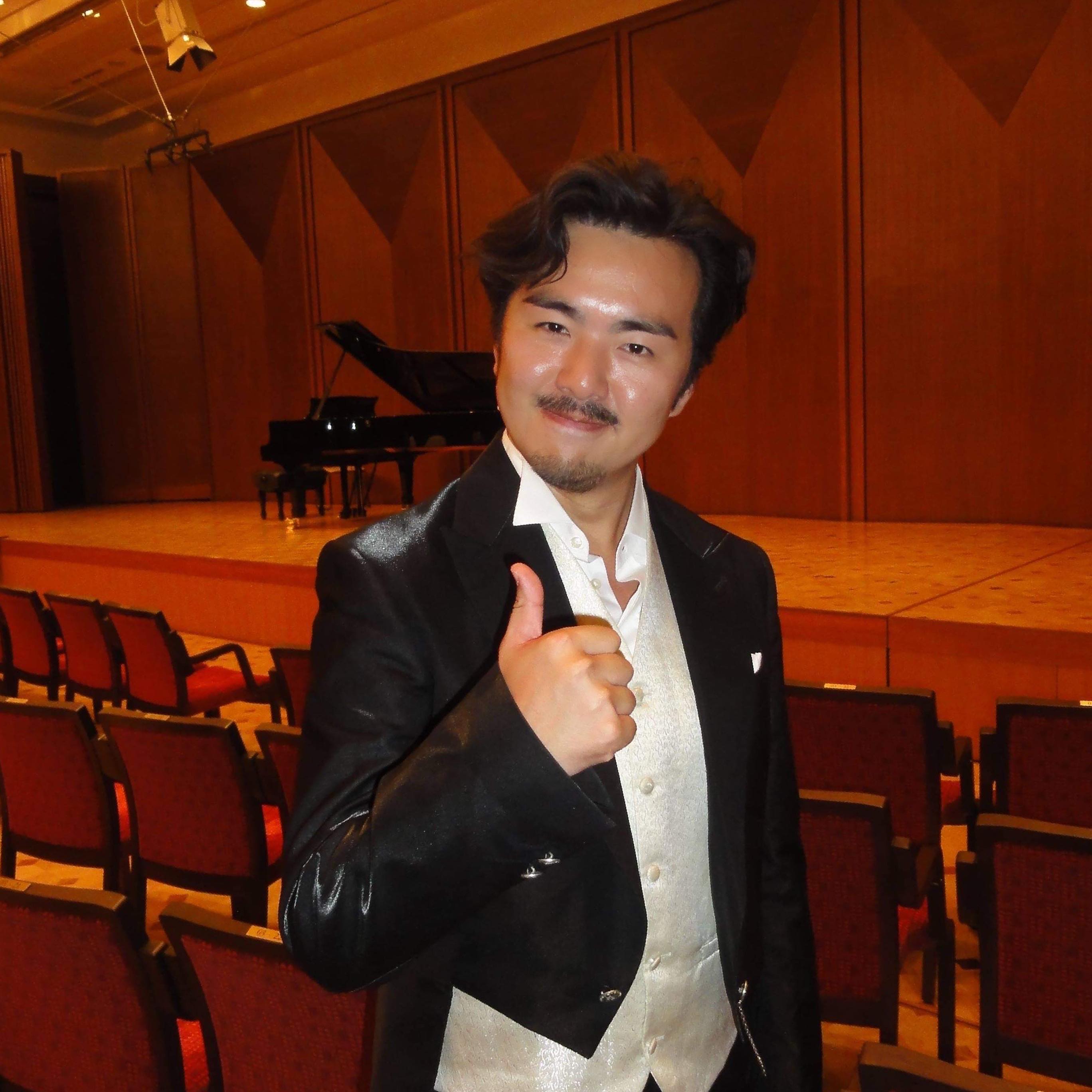
Ten.又吉秀樹 INDEX
Ten.又吉秀樹2017
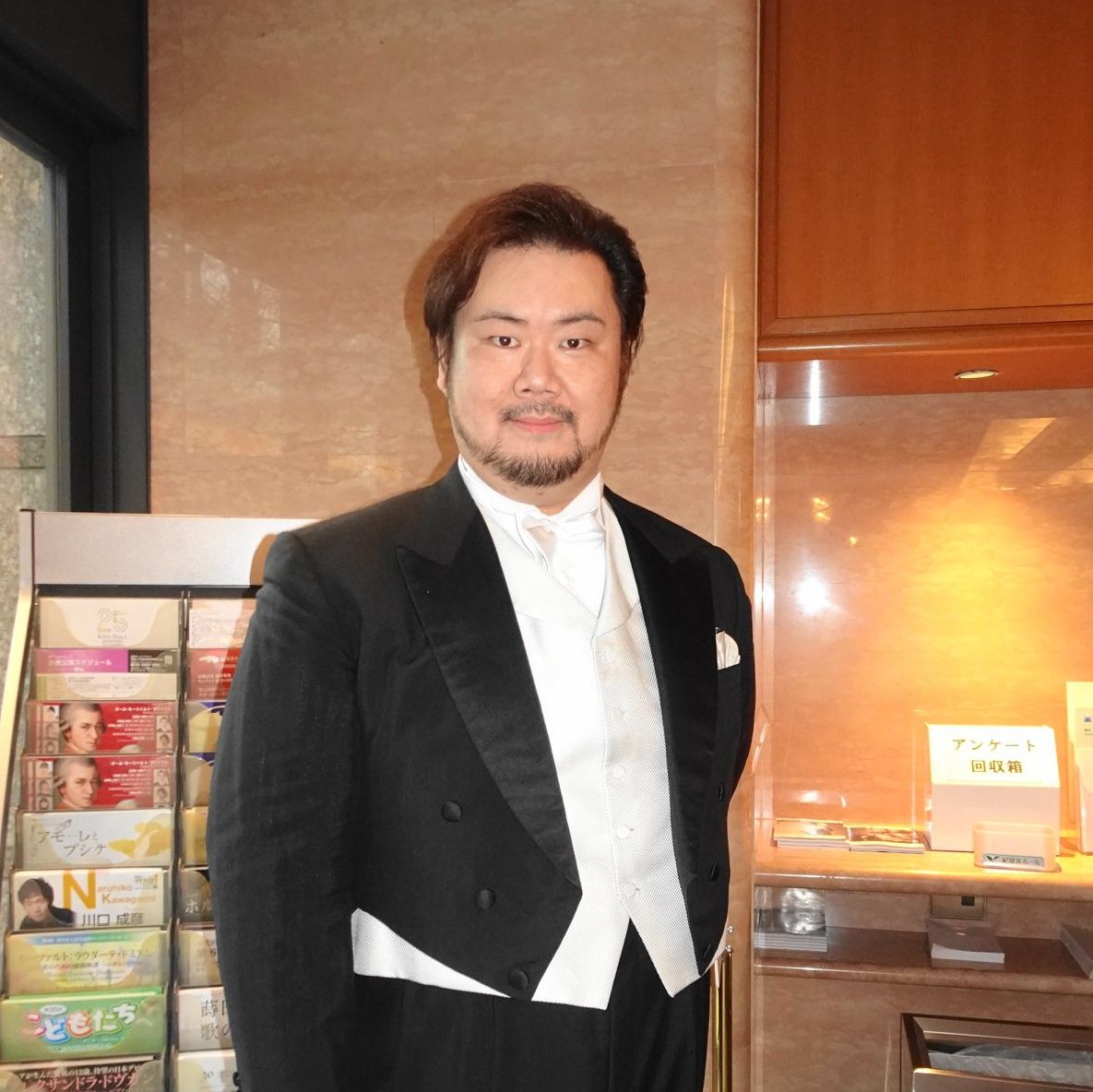
Ten.澤崎一了~2017
澤﨑一了2018~2019
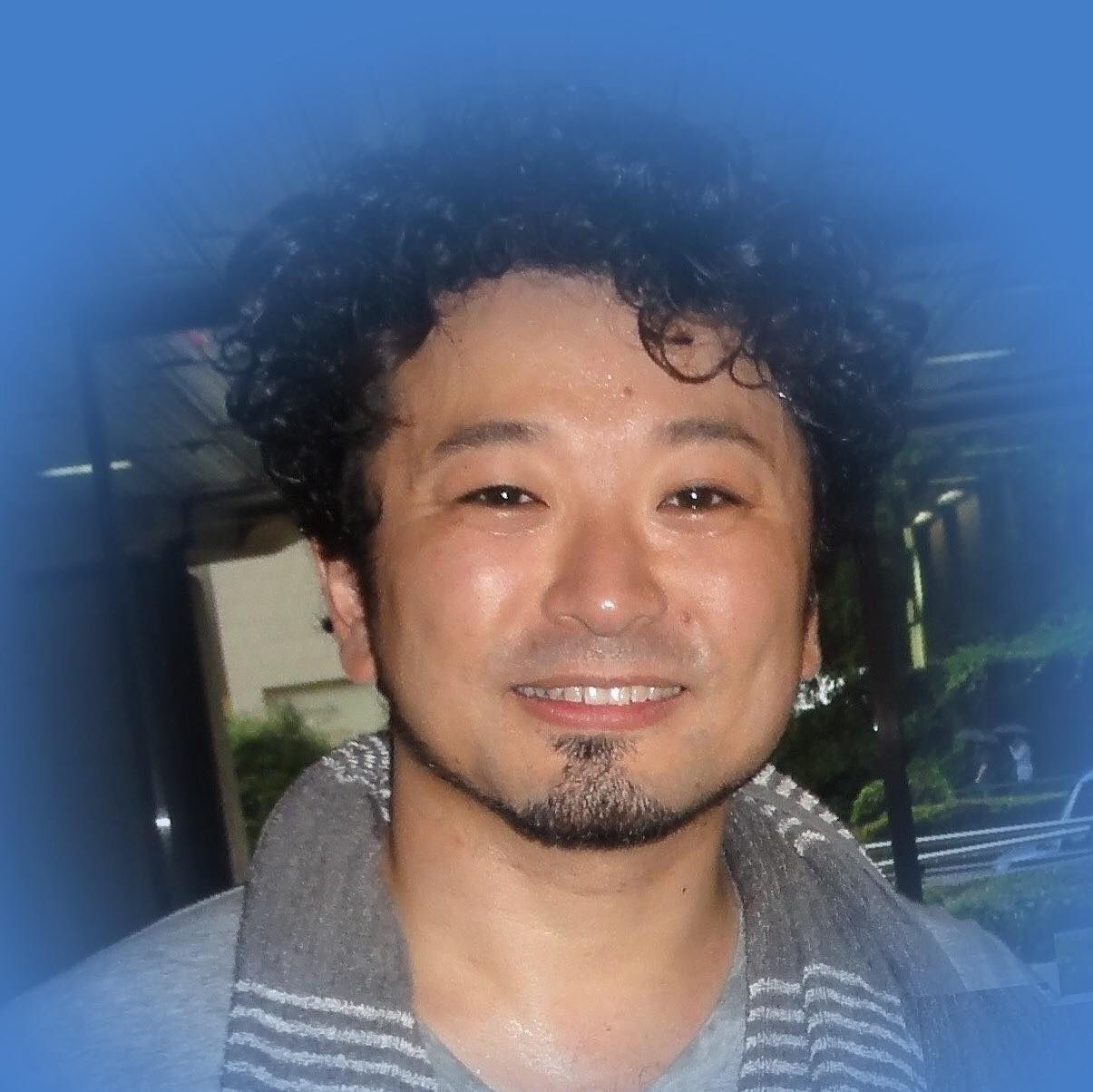
Ten.小堀勇介2015
小堀勇介2016~2017
小堀勇介2018
小堀勇介2019
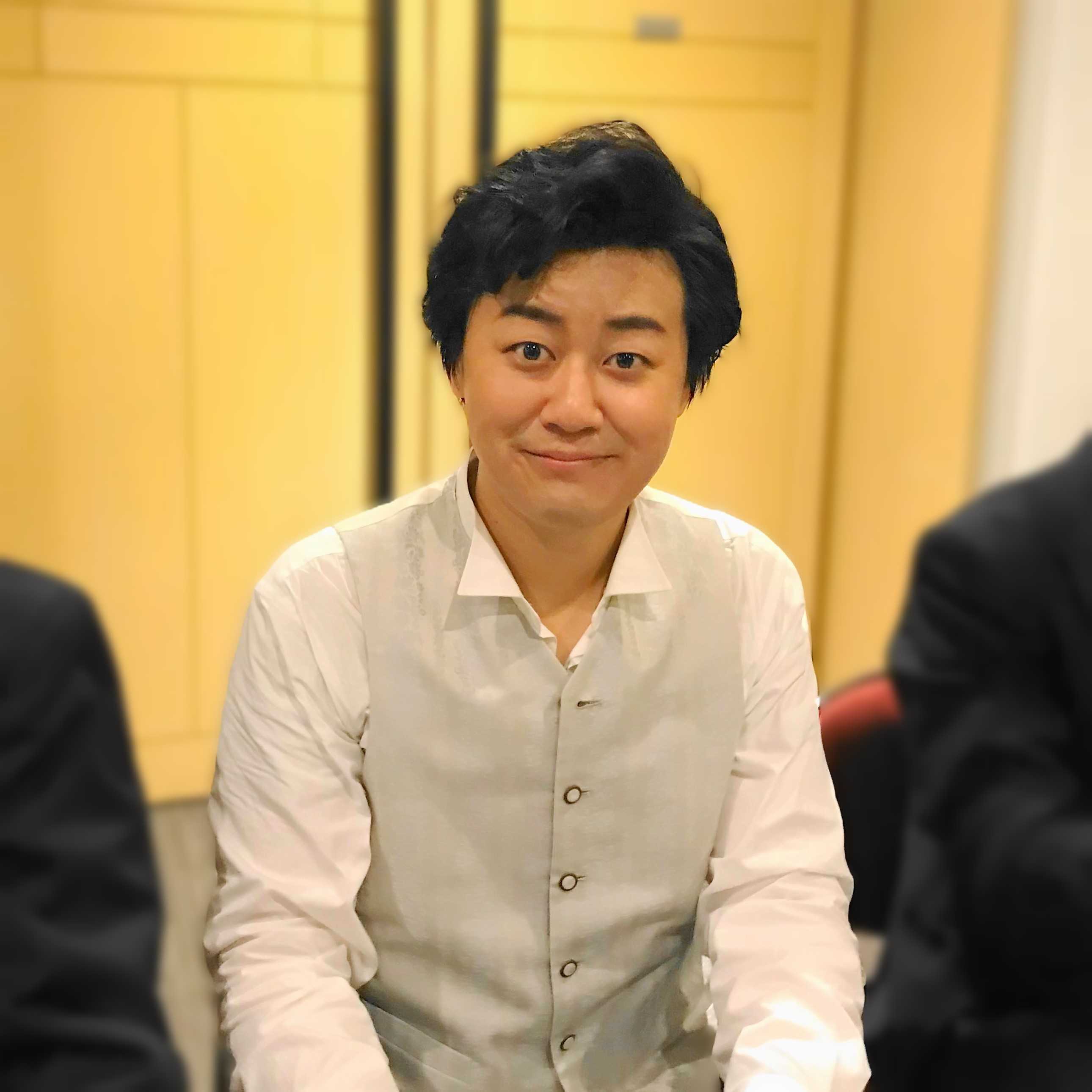
金山京介
2025
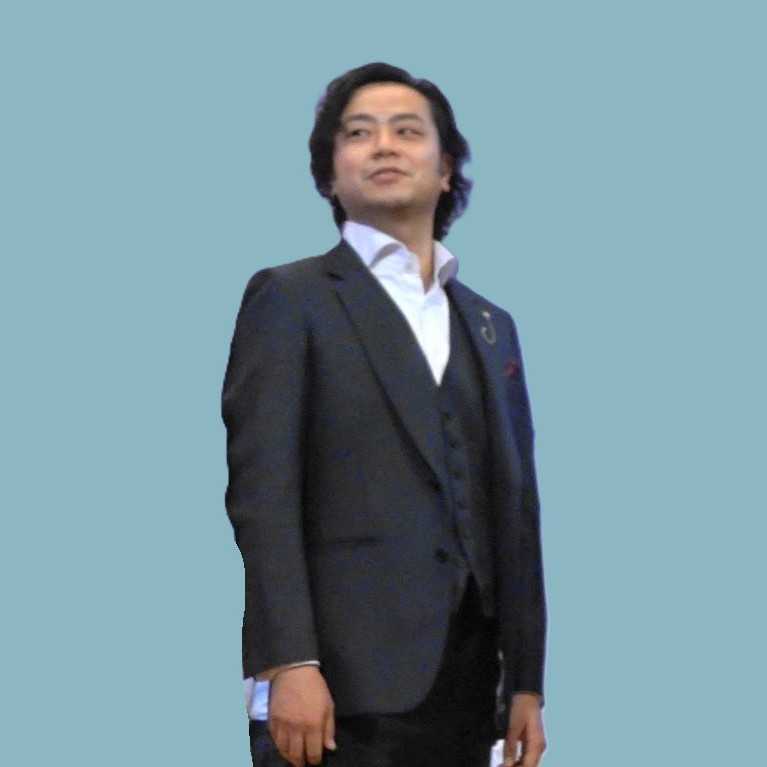
吉田連
UPCOMING
Ten.吉田連

Ten.前川健生
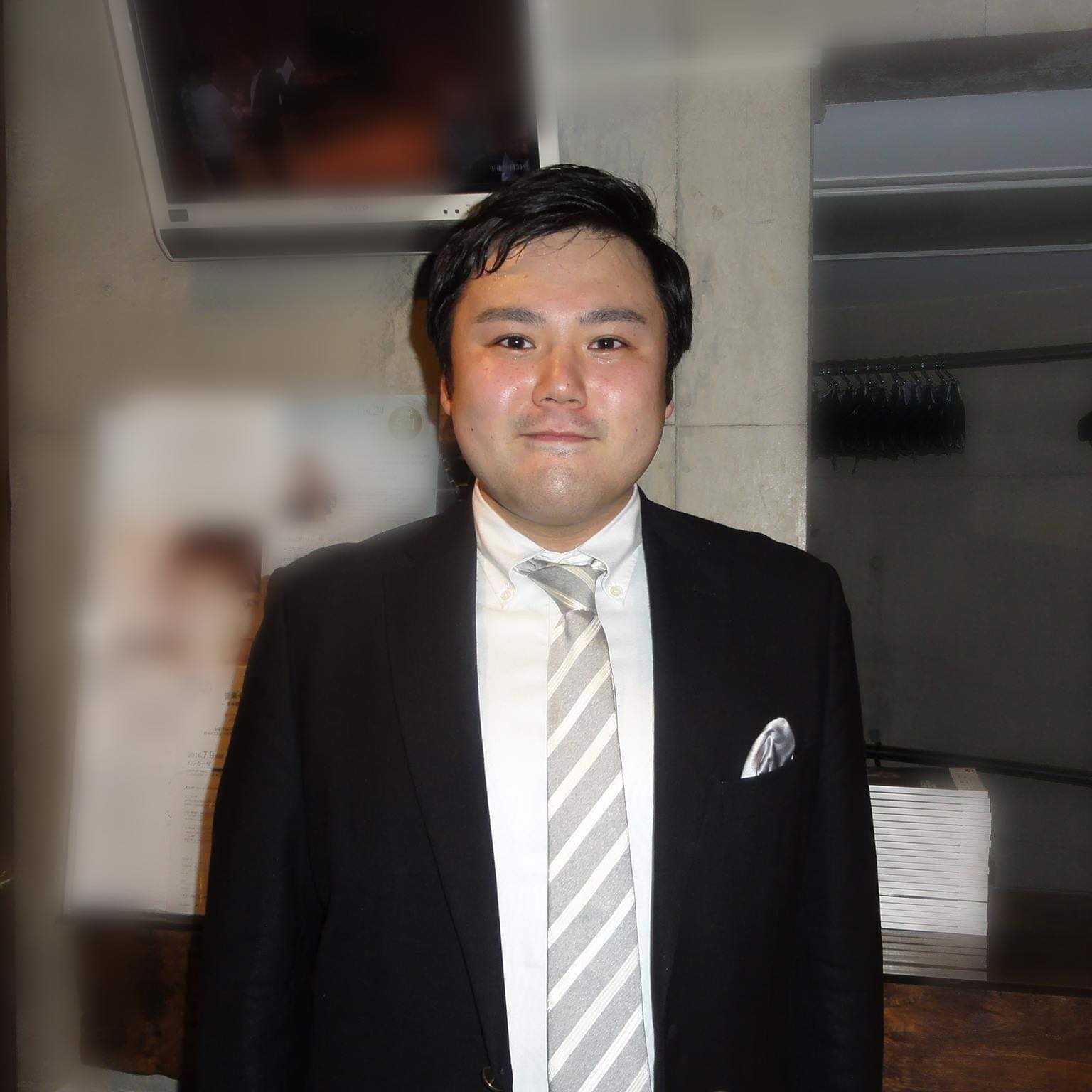
伊藤達人
UPCOMING
PAST
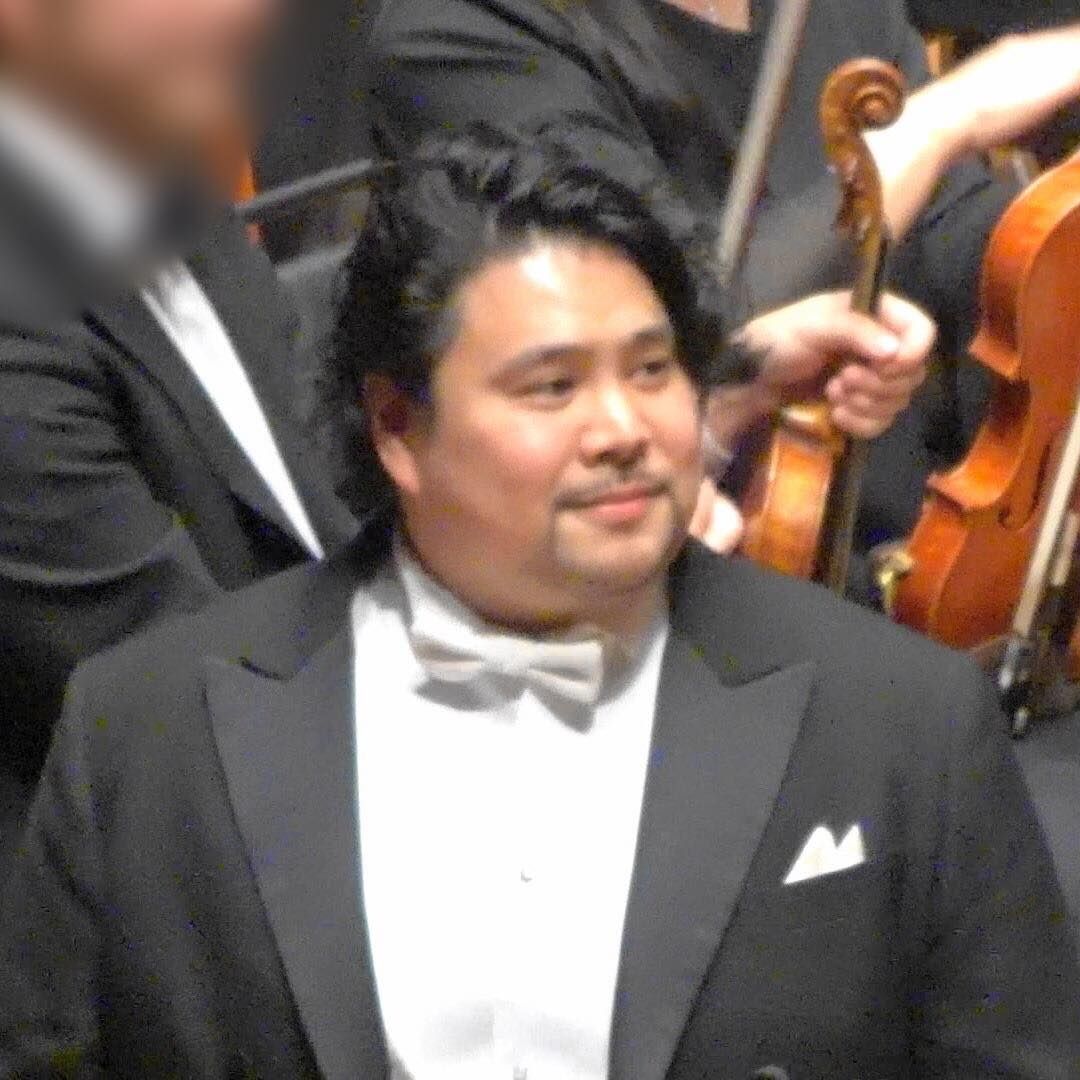
Ten.宮里直樹
UPCOMING
PAST
~2017
2018~2019
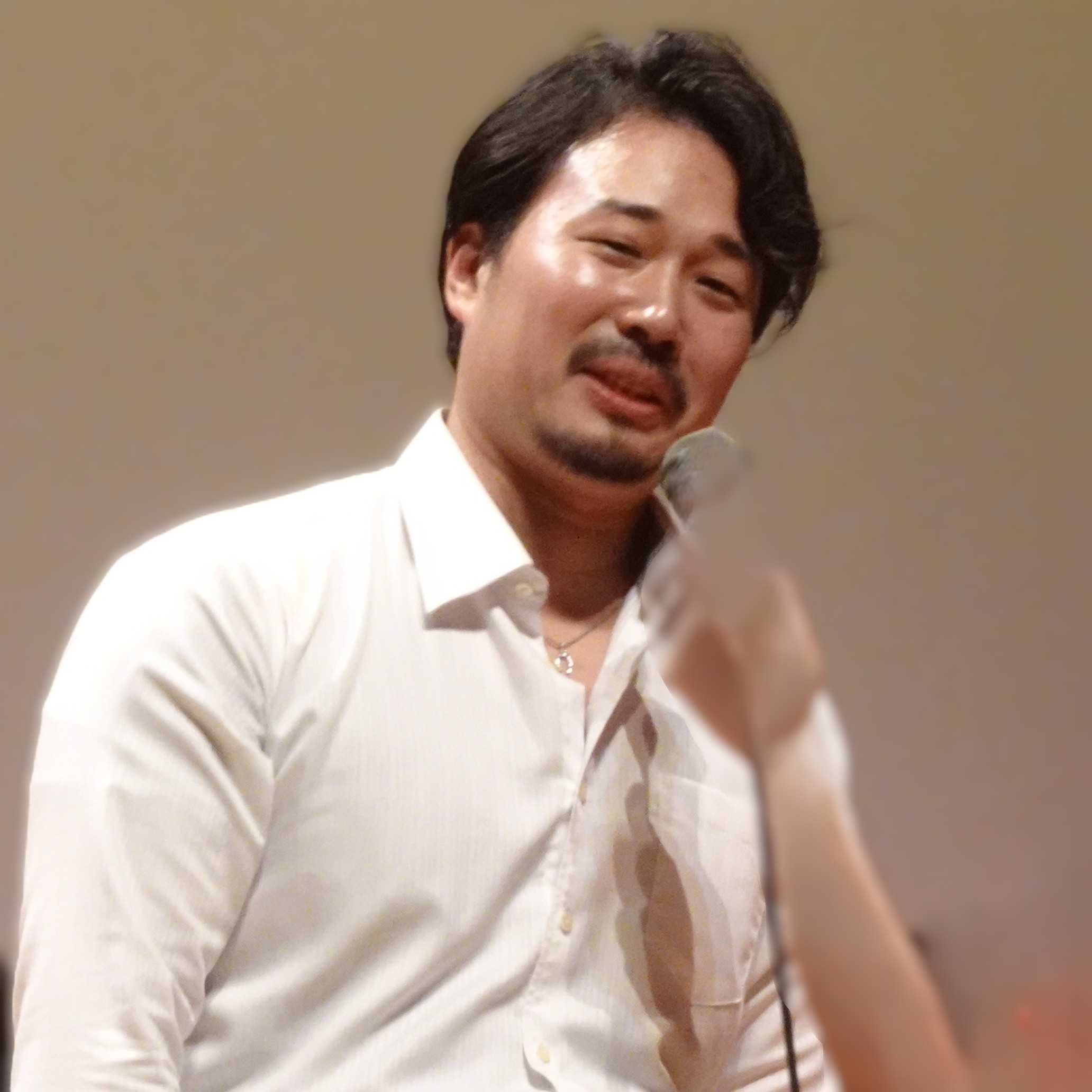
下村将太 テノール
2025
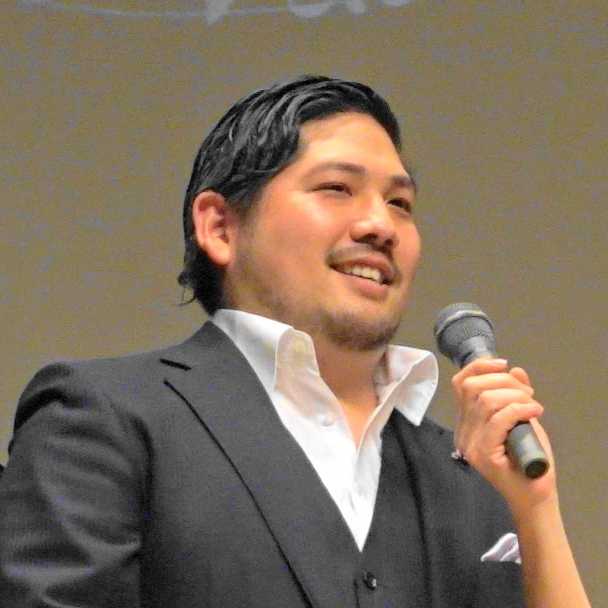
工藤和真
UPCOMING
PAST
BARITONE
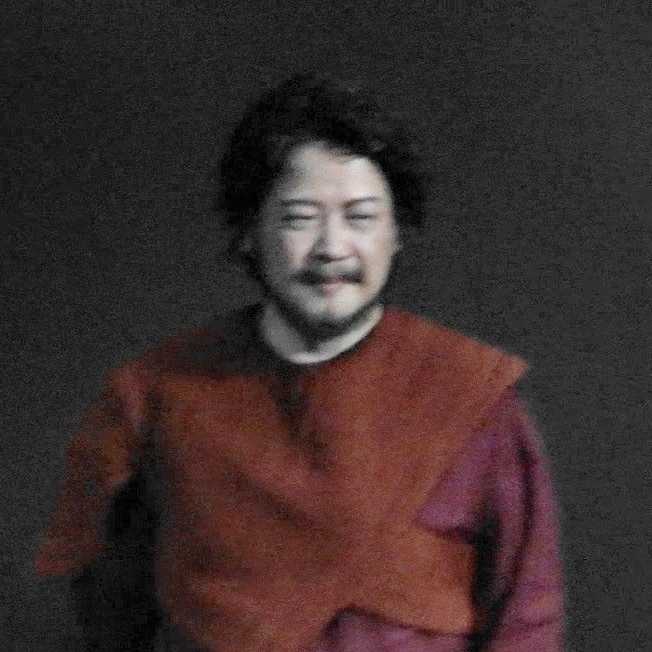
青山貴
UPCOMING
2015
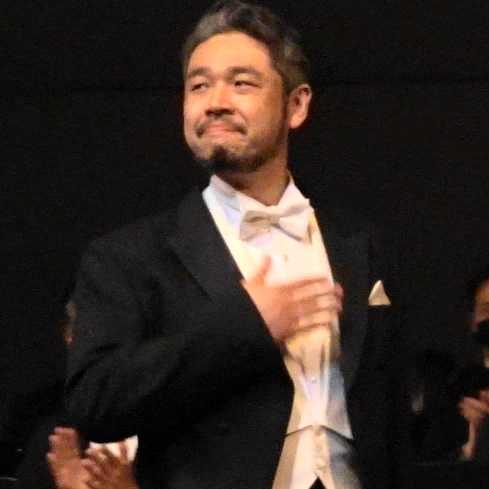
KS Tomohiro Takada, Bariton 概要
2024~2025
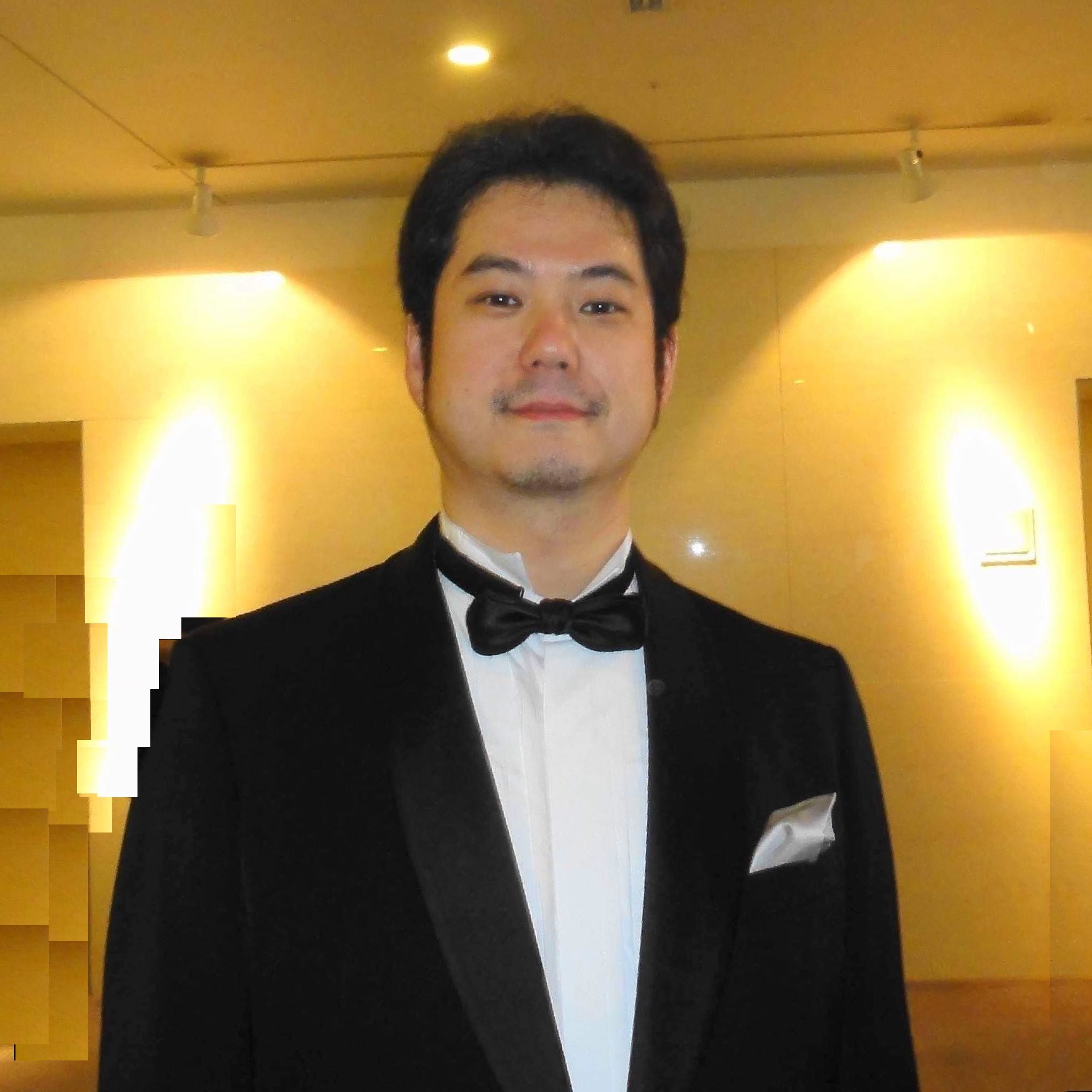
Bar.大沼徹
UPCOMING
2015~2016
2017
2024
His repertory 1
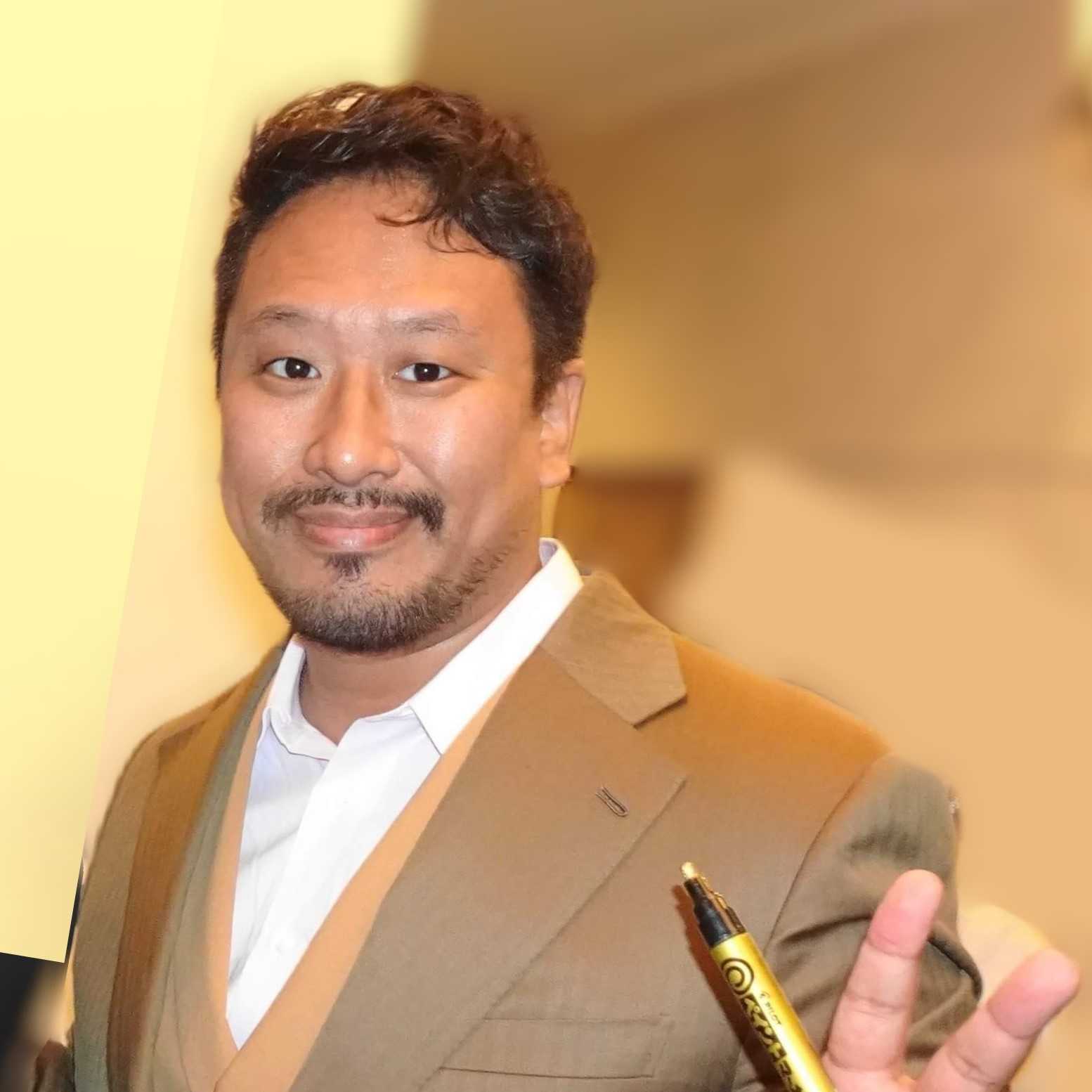
今井俊輔
UPCOMING

高橋洋介
UPCOMING
PAST
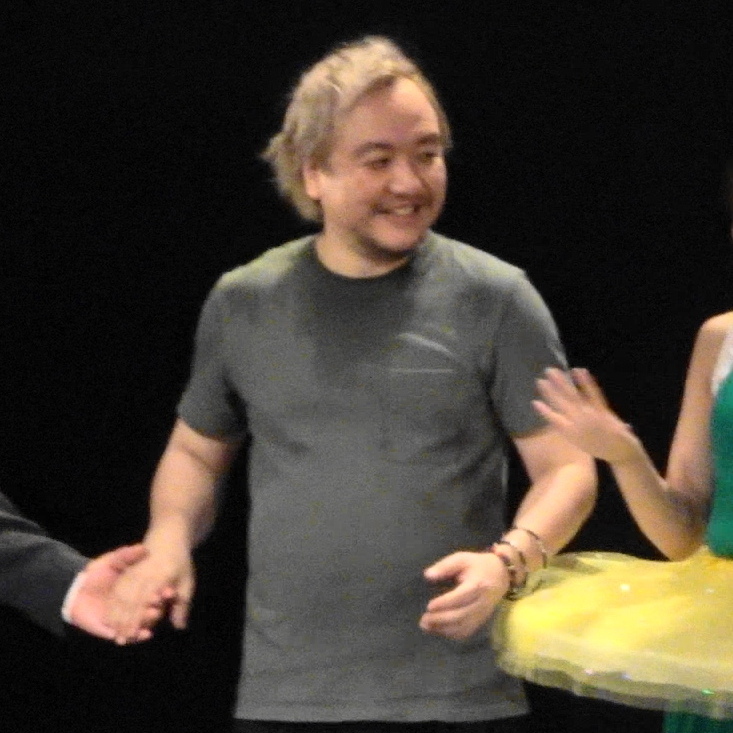
飯塚 学
UPCOMING
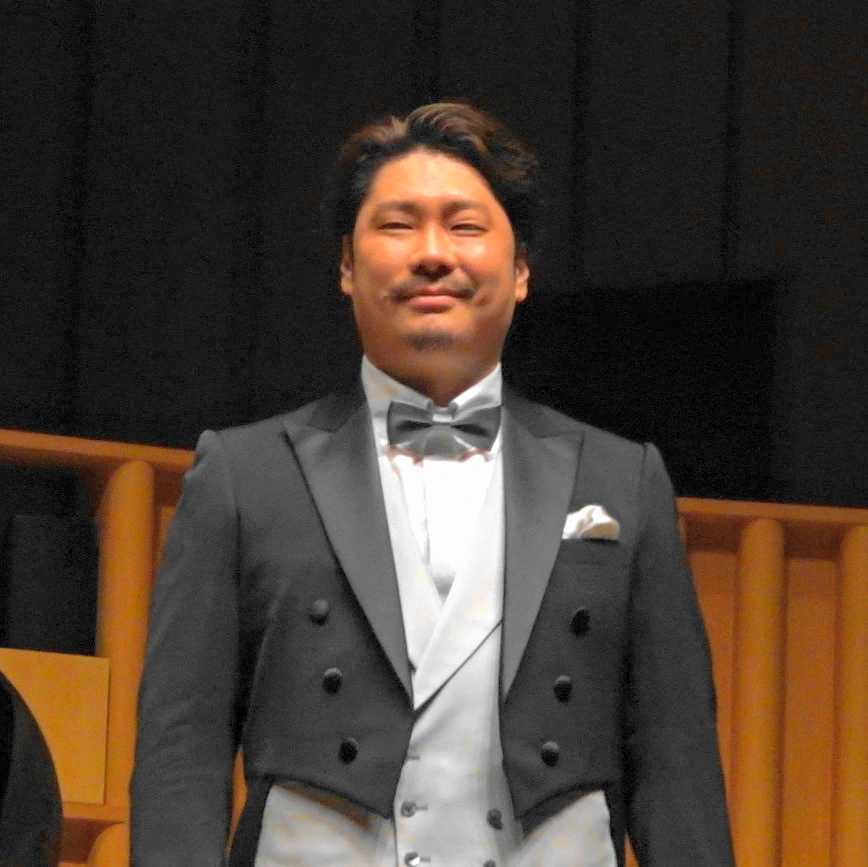
小林啓倫
UPCOMING
PAST
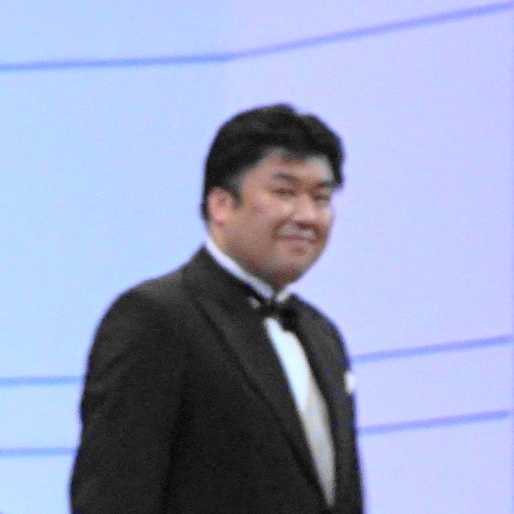
清水勇磨
UPCOMING
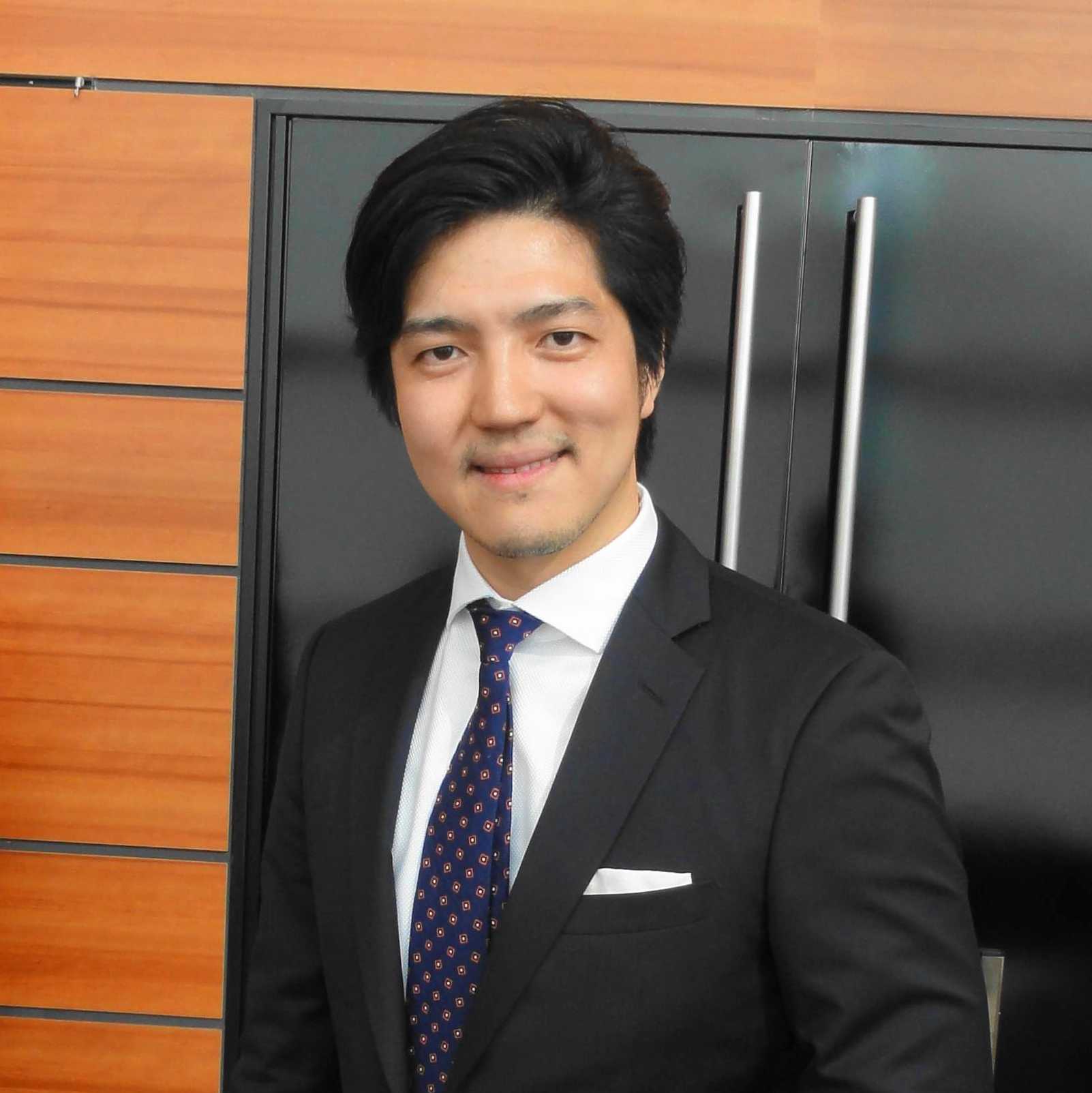
大西宇宙
UPCOMING
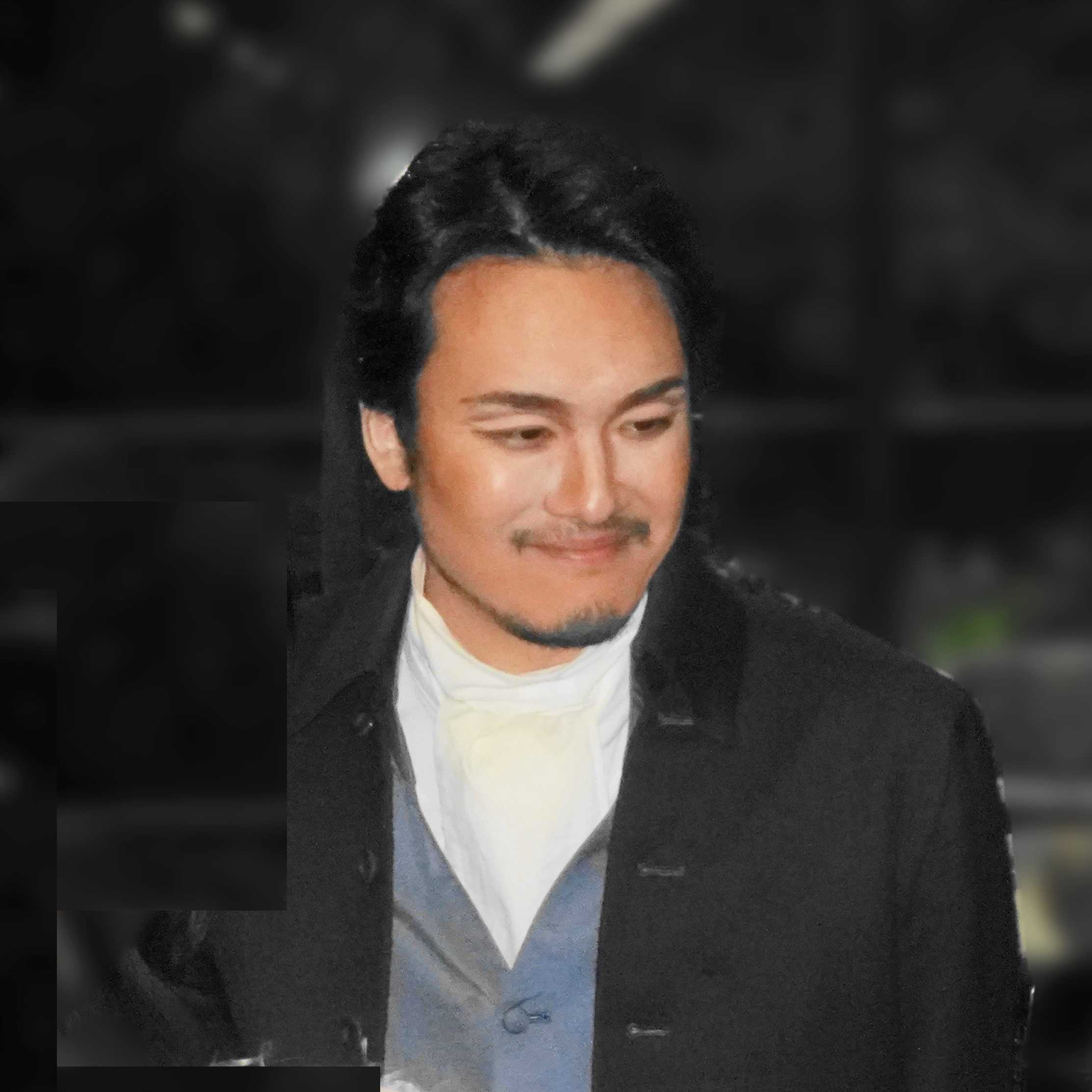
池内 響
UPCOMING
PAST
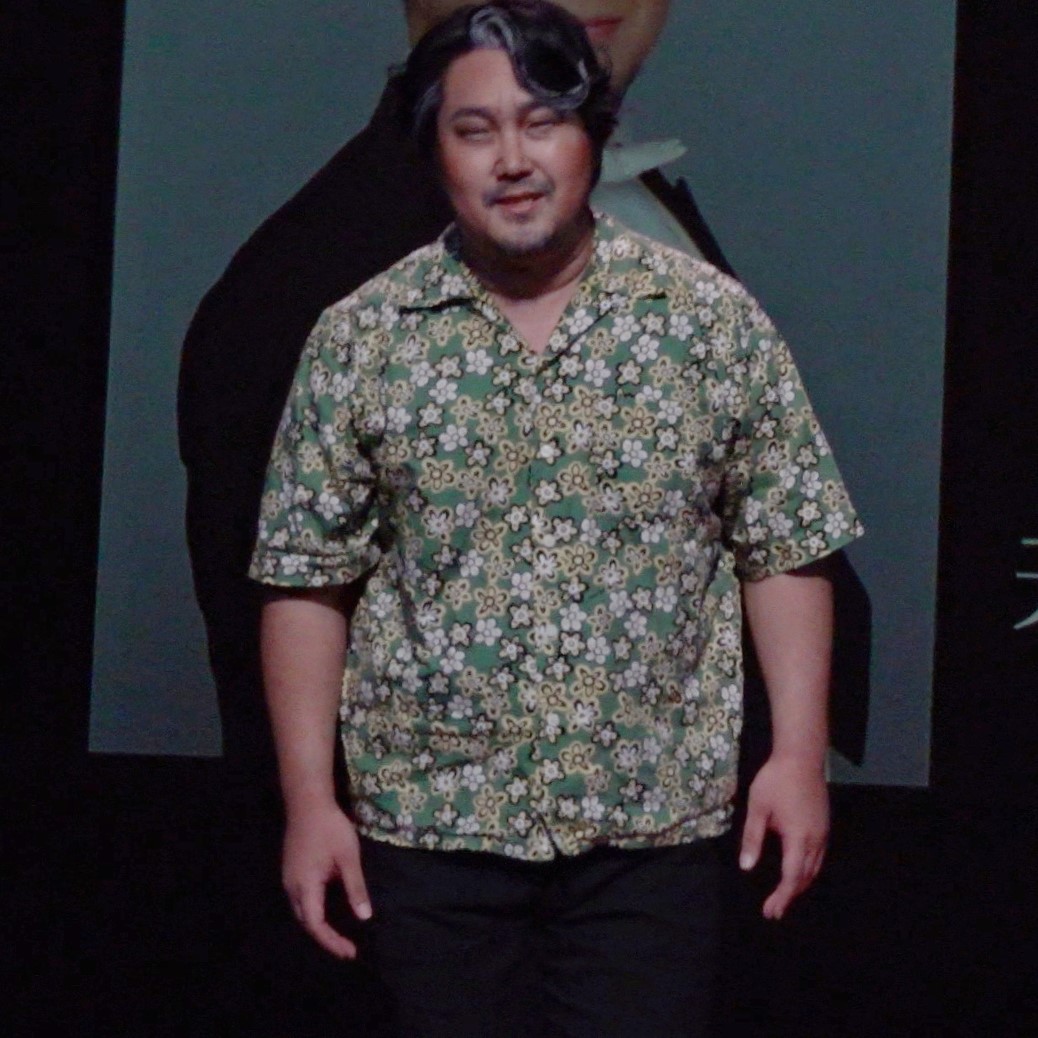
井出 壮志朗
UPCOMING
PAST
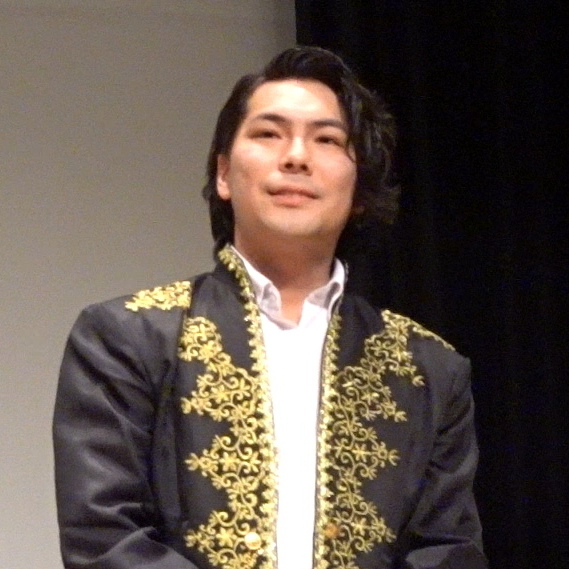
市川 宥一郎
UPCOMING
PAST

大塚博章
UPCOMING
Bs-Br大塚博章 2014-2015
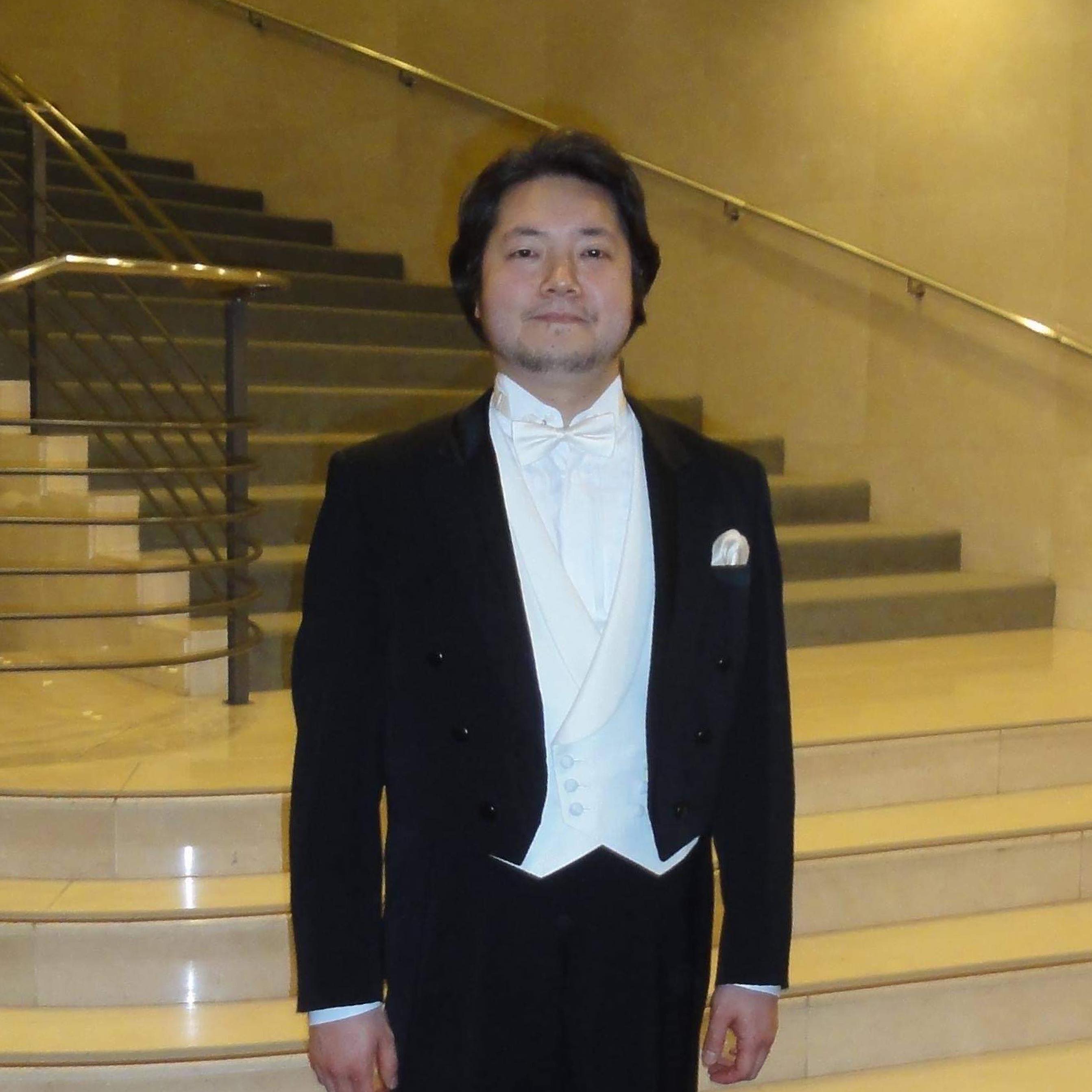
Bs-Br狩野賢一2015
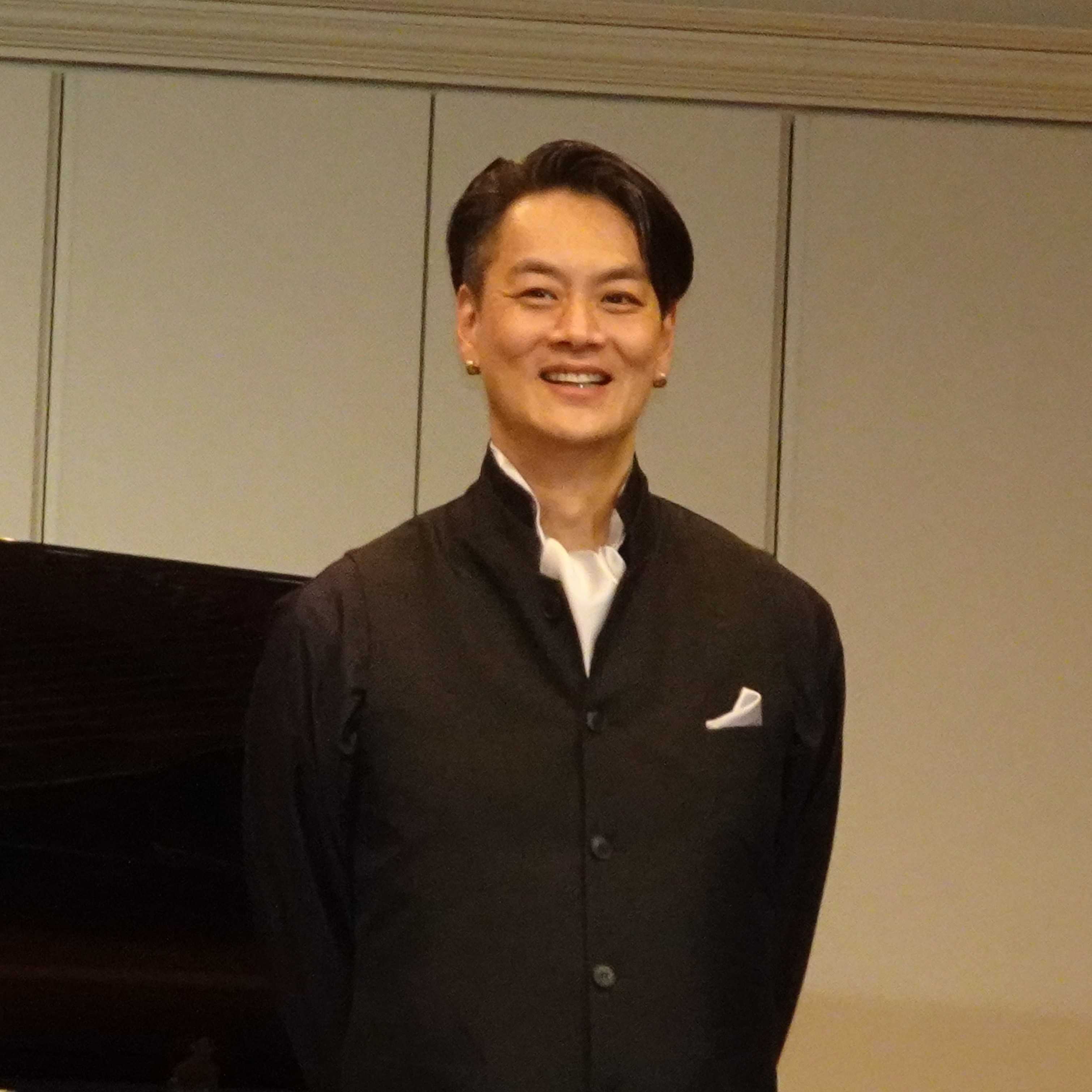
Bs河野鉄平
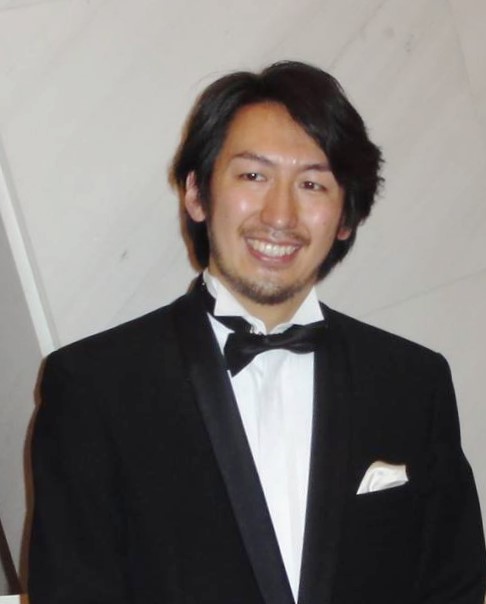
後藤春馬(バス・バリトン)
UPCOMING
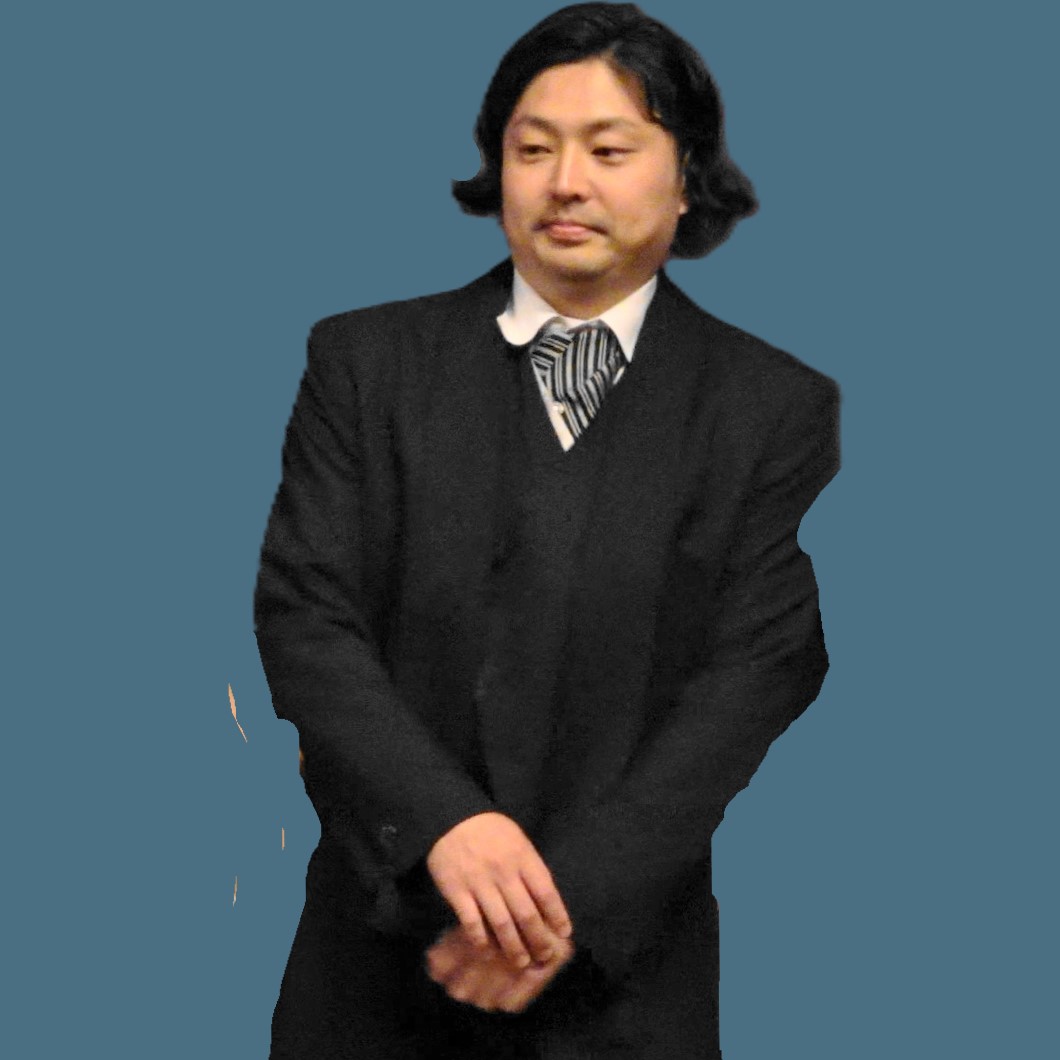
水島正樹
UPCOMING
IL DEVU
HIGHLIGHT 2014
Francesco Meli Il Trovatore
Micheal Fabiano La traviata
Juan Diego Flórez IL BARBIERE DI SIVIGLIA
Tézier vs Kaufmann La forza del destino
OperadeLyonJapan tourHoffmann
Stefano Secco Madama Butterfly
Bryan Hymel Guillaume Tell
Dmitry Korchak I Puritani
Celso Albelo Lucia di Lammermoor
Teatrodell'OperadiRomaJapantour2014
Wolfgang Koch Arabella
Lawrence Brownlee I Puritani
Tomasz Konieczny Das Rheingold
Torsten Kerl Die tote Stadt

Best Opera 2024
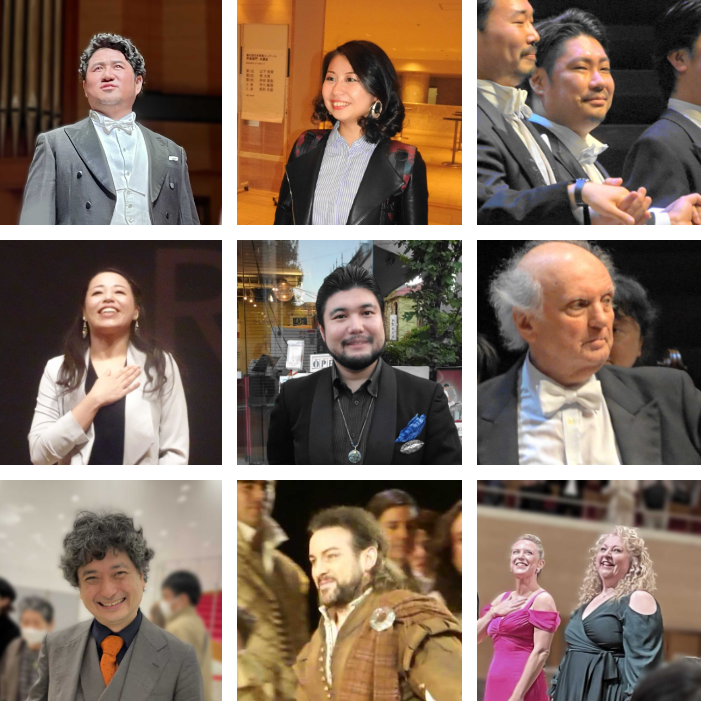
Best Opera 2023
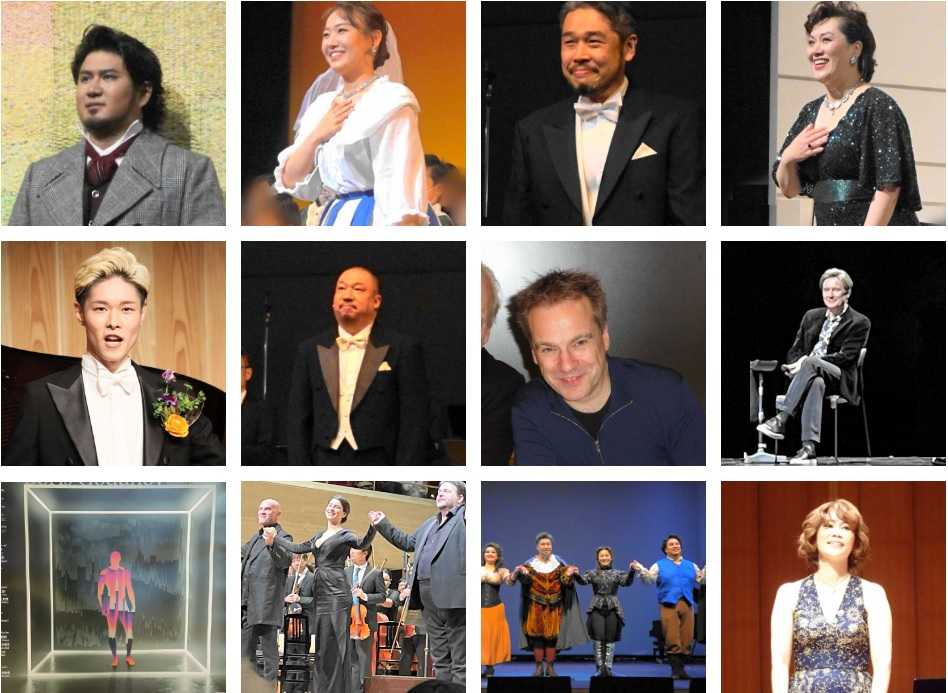
Best Opera 2022
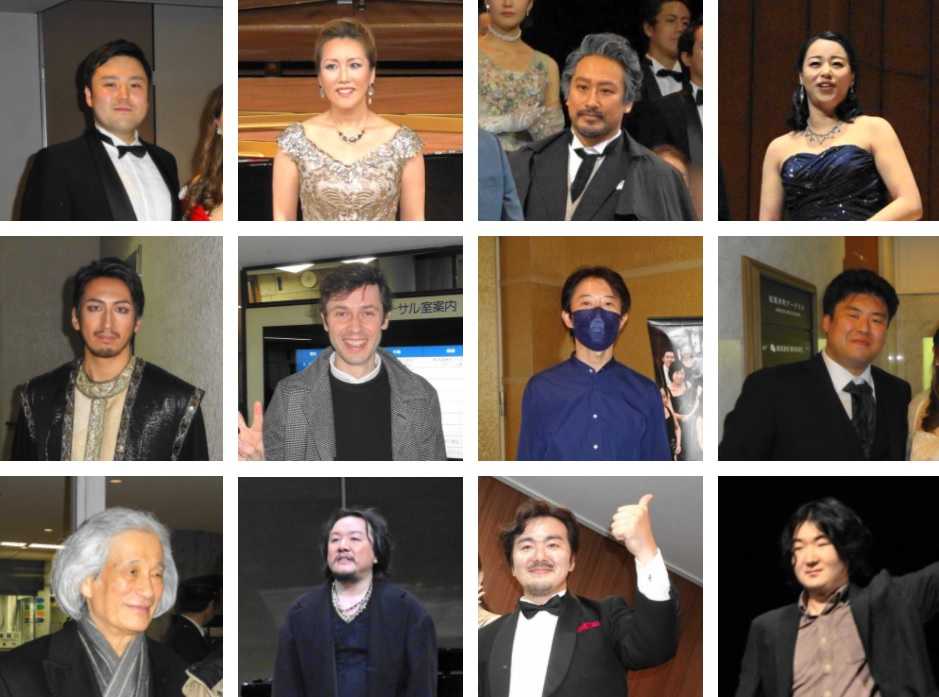
Best Opera 2021
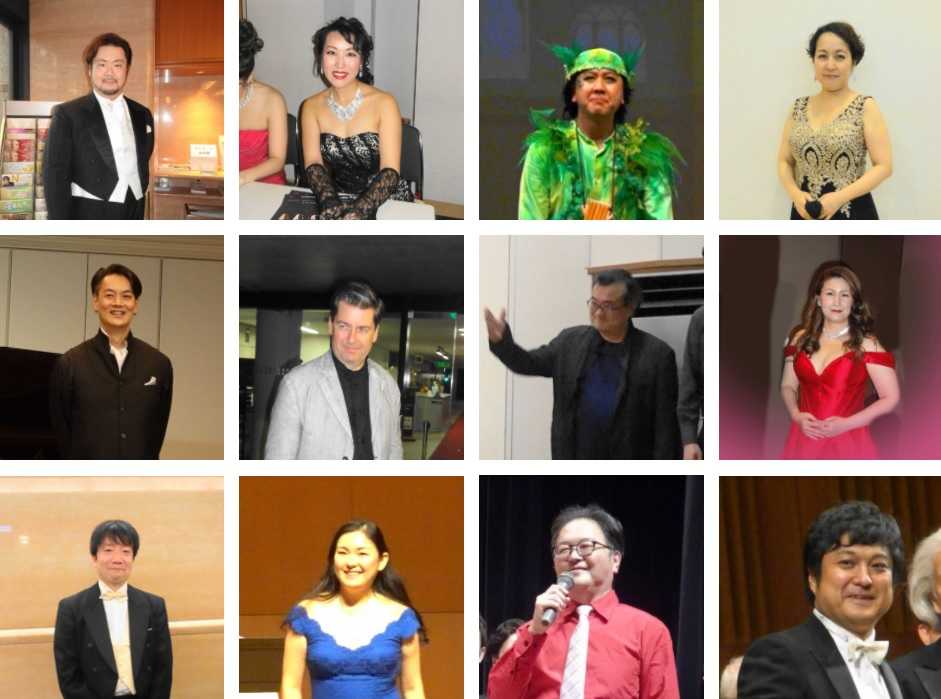
Best Opera 2020
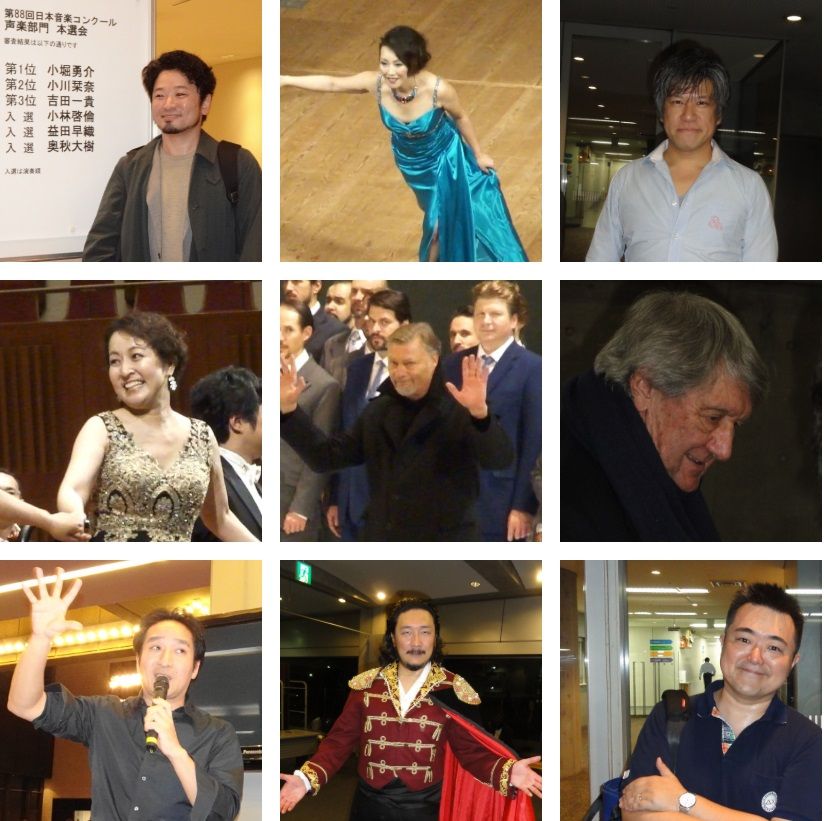
Best Opera 2019
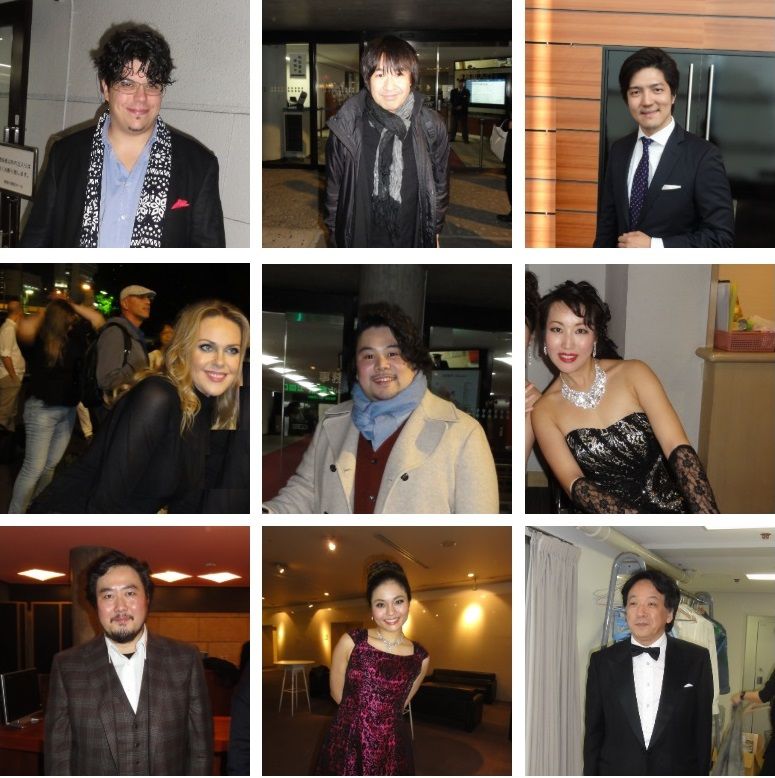
Best Opera 2018 Index
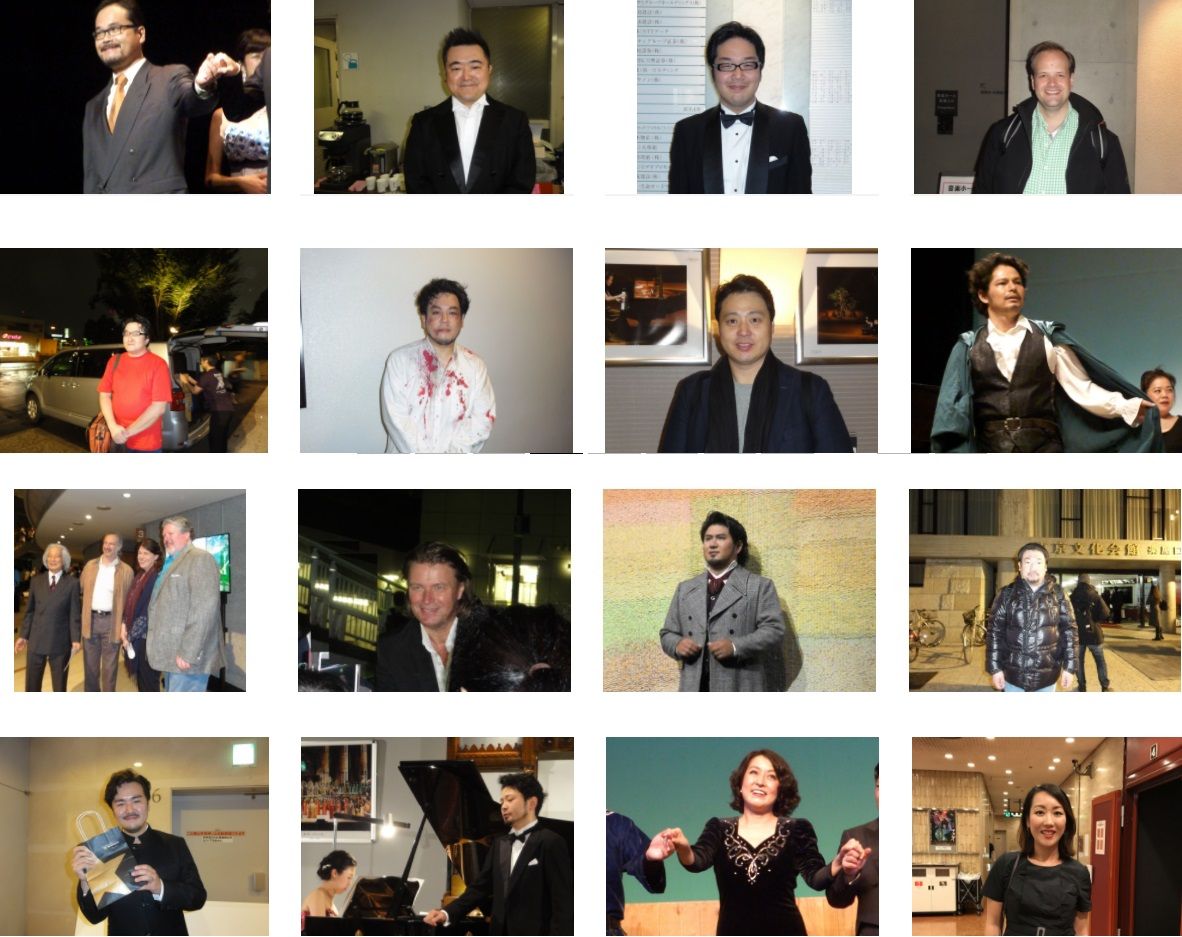
Best Artists in Opera 2017
Best Opera 2017
Photo:©Shevaibra, courtesy of the artist
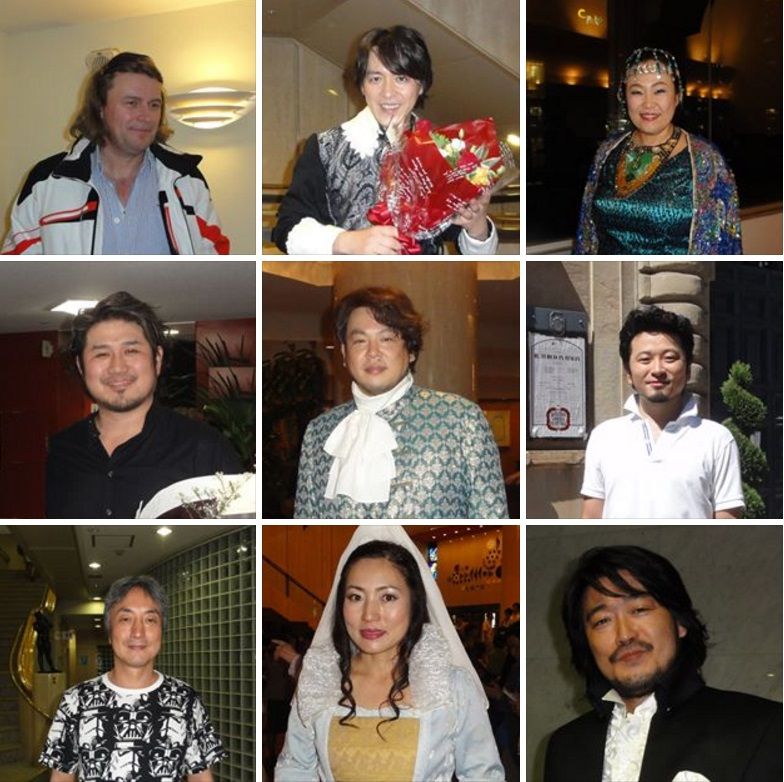
2016 Best Opera
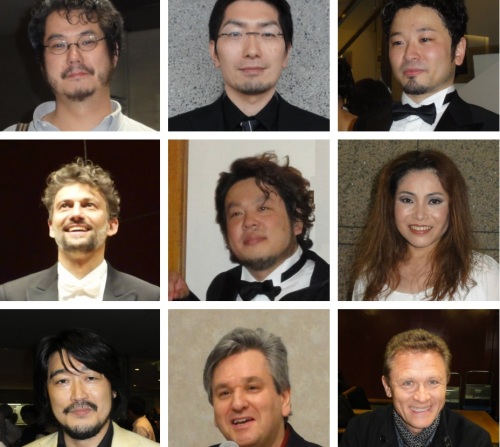
2015 Best Opera
2014 Best Opera
2013 Best Opera
2012 Best Opera
2011 Best Opera and Ballet
2010 Best Opera and Ballet
2009 Best Opera and Ballet
2008 Best Opera and Ballet
[BALLET]
2009
2008 Ballet Top 10 in Japan
2008 BALLET INDEX
What's New 2007
What's New 2006
Past Articles 2005
Past Articles 2004
Past Articles 2003
[OPERA]
Simon Keenlyside What is NEW ?
Robert Gambill
What's new
Biography
2008 Opera Top 10 in Japan
2007 Top 10
What is NEW ? 2006
What is NEW ? 2005
STAGE What is NEW ?
Second Top -Sheva's Sporting World
Football
[José Mourinho - Chelsea 2007 Index]
[José Mourinho - Chelsea 2006 Index]
What Mourinho said - 抱腹絶倒モウリーニョ語録
Last edited 1 Jul 2007
FOOTBALL What is NEW ?
2005
Tennis
2006
Roger Federer First time in JAPAN - AIG Japan Open INDEX
Cinema, Books brand new and privat
Cinema
2005年5月3日
音楽関係更新 Classical Music
BOOKS 2006
BOOKS 2004年
1月31日 Books by Jeffery Deaver
INDEX genre
DANCERS INDEX
AMP DANCERS INDEX
NEW ADVENTURES Dancers Index
Cooper Company Dancers Index
Adam Cooper Index
Matthew Hart Index
Jesus Pastor Index
Damien Stirk Index
Andrew Corbett Index
Will Kemp Index
Isaac Mullins Index
Ballet Choreographer Index
Matthew Bourne Index
Ballet Company Index
Ballet Pieces Index
Musical Index
AMP DANCERS INDEX
NEW ADVENTURES Dancers Index
Cooper Company Dancers Index
Adam Cooper Index
Matthew Hart Index
Jesus Pastor Index
Damien Stirk Index
Andrew Corbett Index
Will Kemp Index
Isaac Mullins Index
Ballet Choreographer Index
Matthew Bourne Index
Ballet Company Index
Ballet Pieces Index
Musical Index
LINKS
Theatre official
Bayerische Staatsoper
Bayreuther Festspiele
Lyric Opera of Chicago
MET
Royal Opera House
Salzburger Festspiele
Teatro alla Scala
Wienerstaatsoper
ZurichOperaHouse
New National Theatre,Tk
Tokyo Nikikai
Singers official
Takashi Aoyama
Aris Argiris
Johan Botha
Fabio Maria Capitanucci
Massimo Cavalletti
Markus Eiche
Alex Esposito
Burkhard Fritz
simonkeenlyside.info
Wolfgang Koch
Tomasz Konieczny
Zeljko Lucic
Alexey Markov
Tetsuya Mochizuki
Ryoichi Nakai
Evgeny Nikitin
Toru Onuma
Takashi Otsuki
René Pape
Detlef Roth
Andreas Schager
Jörg Schneider
Kasumi Shimizu
Yuri Vorobiev
Koji Yamashita
Kwangchul Youn
Operabase Artist
Orchestra
Berliner Philharmoniker
NHK Symphony Orchestr
Opera Fan Blog
Alex Vinogradov(Valenci
By The Thames(dognora
Cafe Klassiker H(Hiroto
猫の日記(camelstraycat
FOOD FOR SOUL(Sarda
東海岸-音楽、食(Kinox
Impression(娑羅)
In fernem Land(galahad
Intermezzo
ネコにオペラ(kametaro)
Opera Chic
OperaOperaOper(Madok
右舷日記(starboard)
taqkkawanamiさんのブログ
備忘録(euridice)
Ballet Fan Blog
きょんのバレエ日記(きょん)
Web Radio
Oe1 Programm
Bayern 4 Klassik
Deutschlandradio Kultur
NDR Kultur
RBB Kultur
BBC Opera on 3
RAI radio3
WFMT-Chicago
Sydney ABC
Radio New Zealand Conc
operacast
劇場座席数・残響時間
SITE MAP
Sheva's Blog( What people tweeted )
Since Apr 2003
キーワードサーチ
▼キーワード検索
カテゴリ
カテゴリ未分類
(2438)Football
(27)BALLET
(699)Musical Theatre
(60)Classical Music
(825)Cinema
(44)OPERA
(3124)Mystery
(12)International
(5)Competition
(4)これからの公演のお知らせ
(4)ATPテニス
(8)アクセス
(25)ARTS
(2)© Rakuten Group, Inc.



